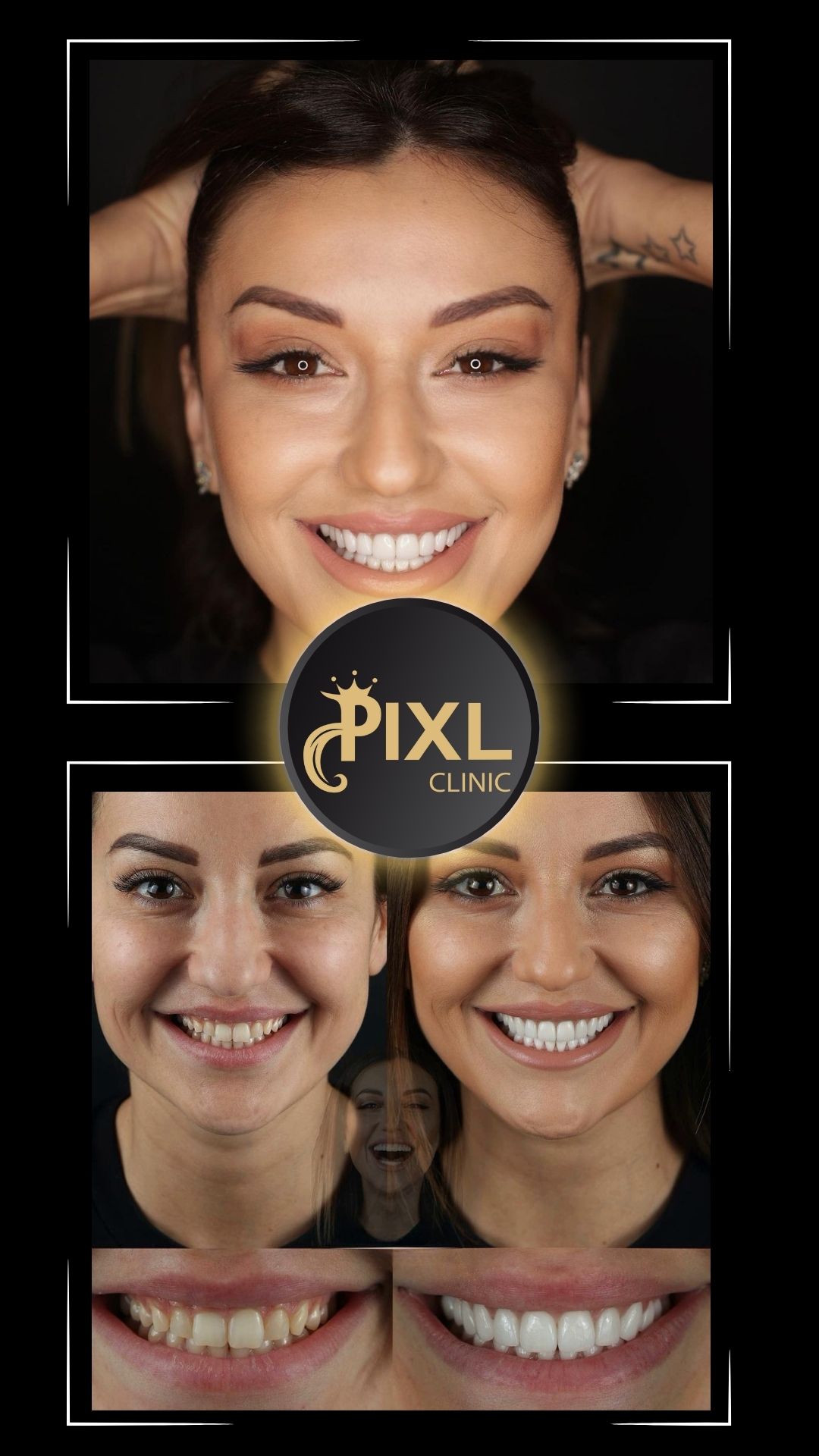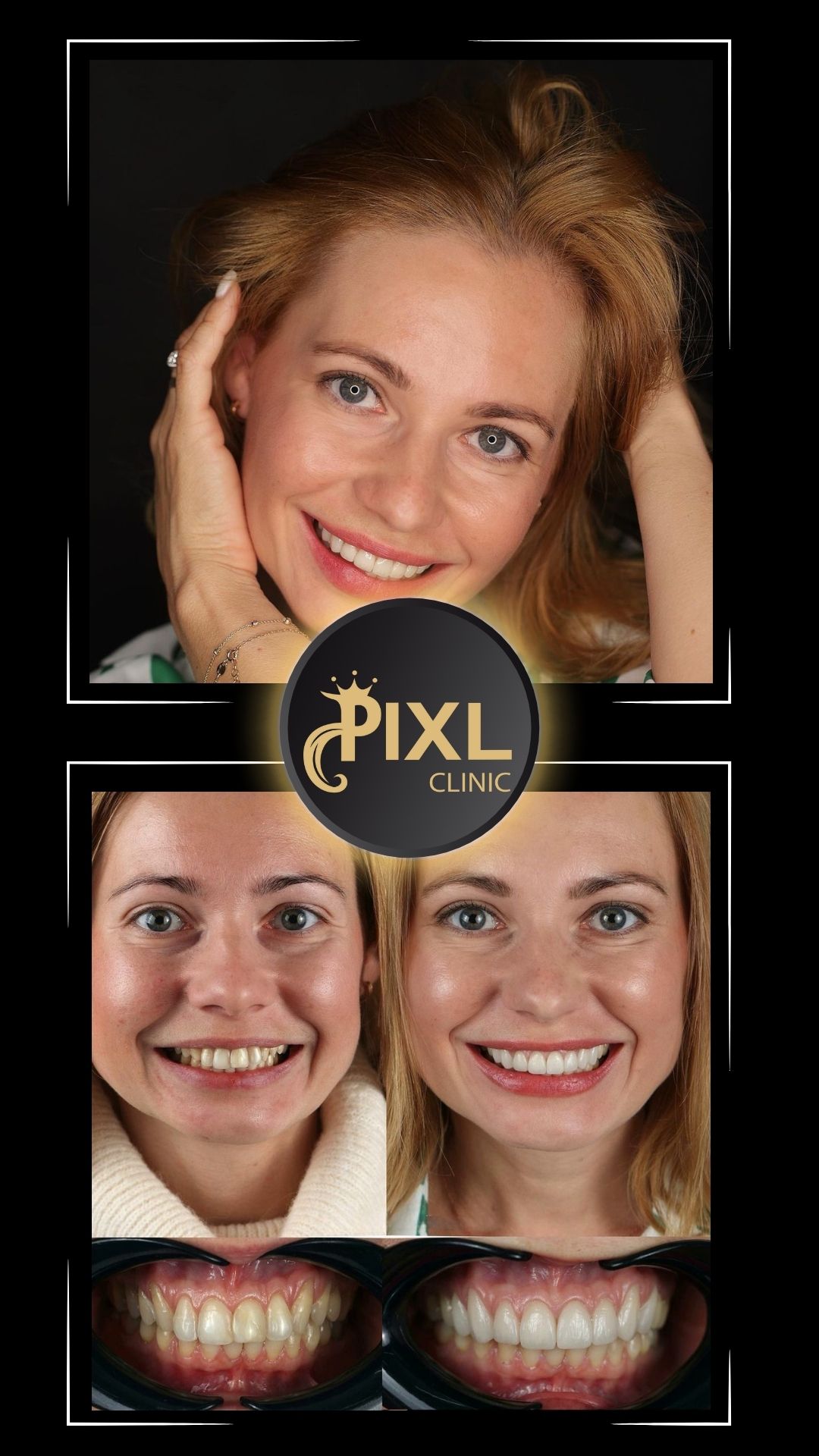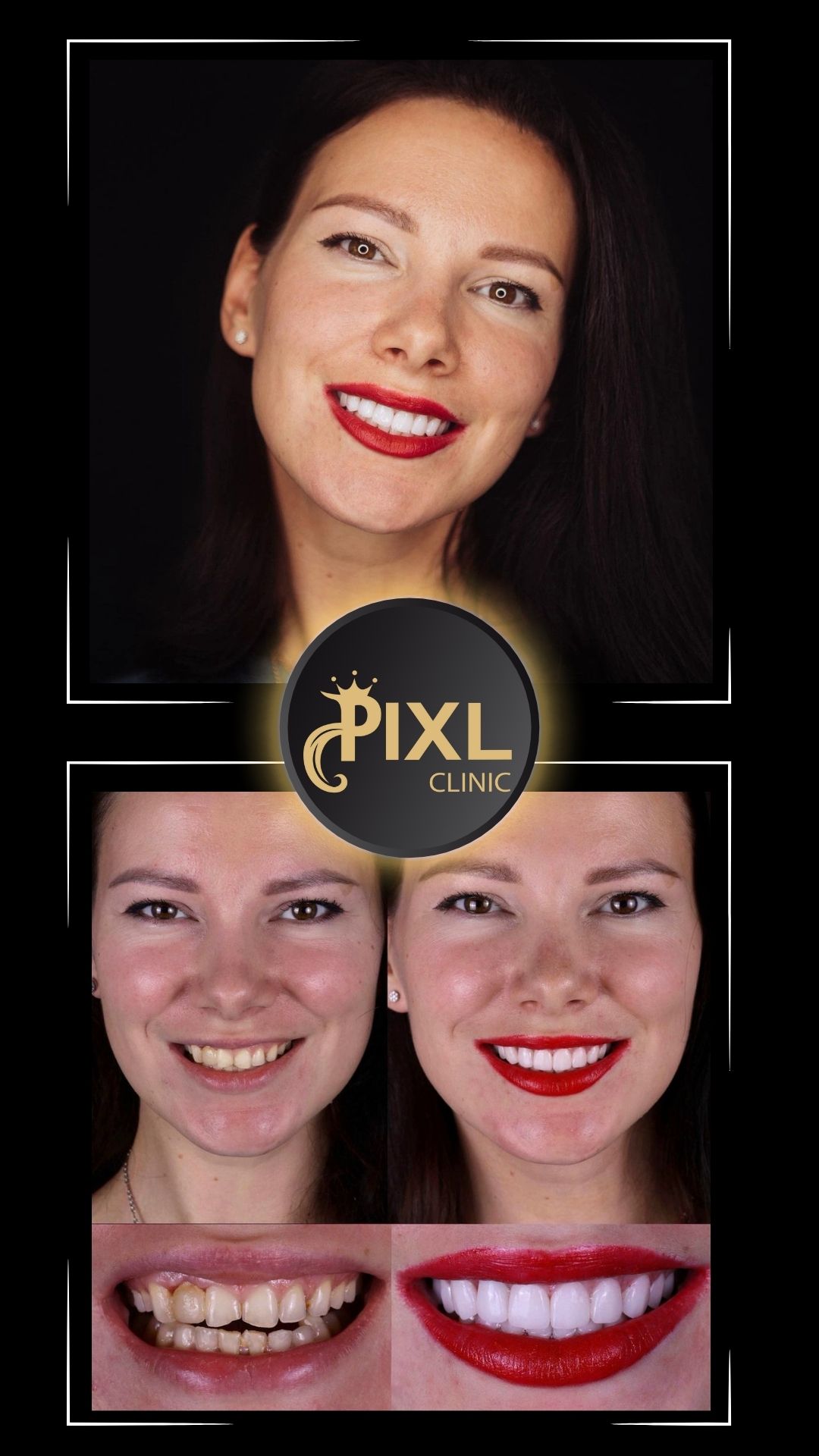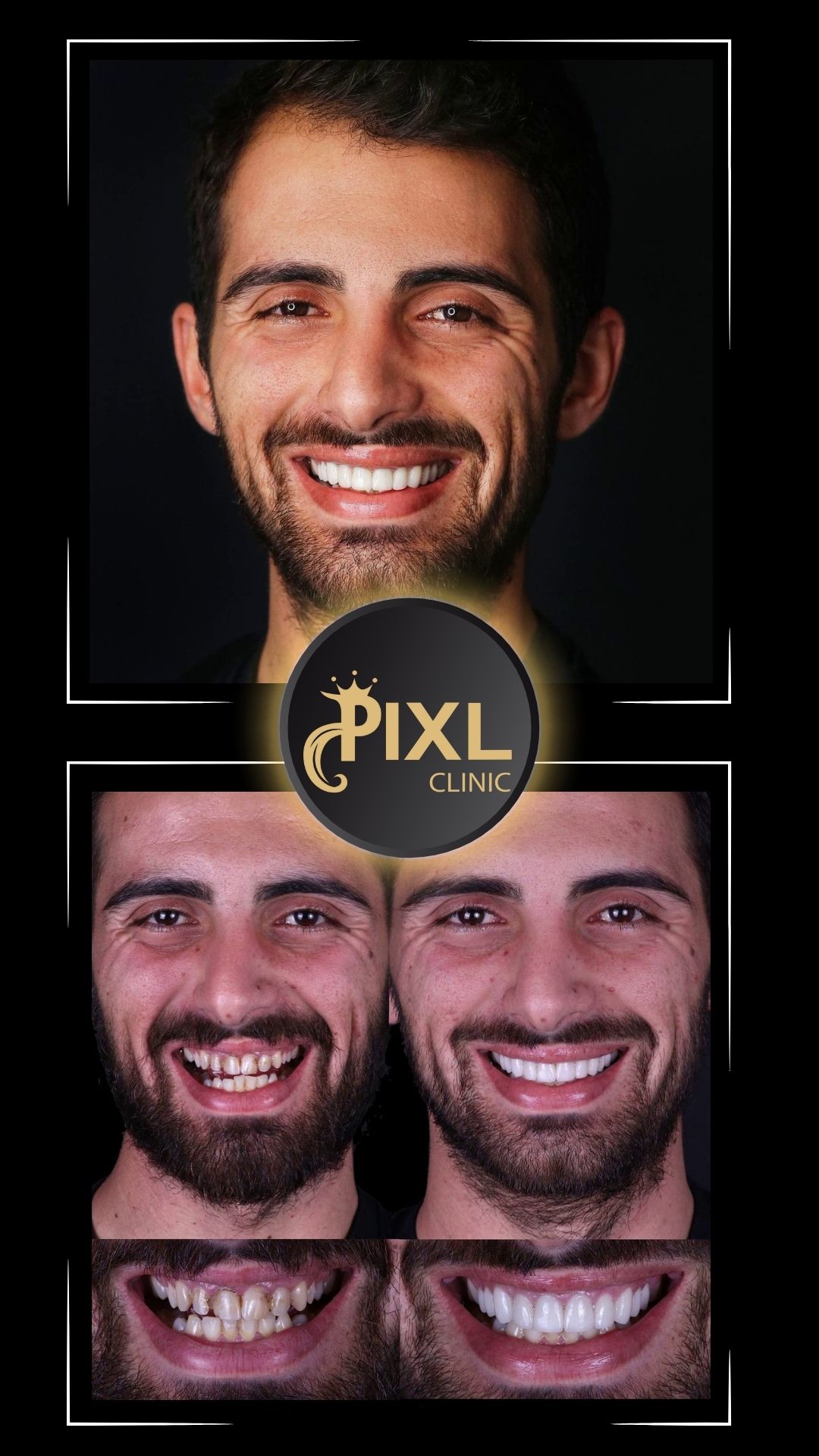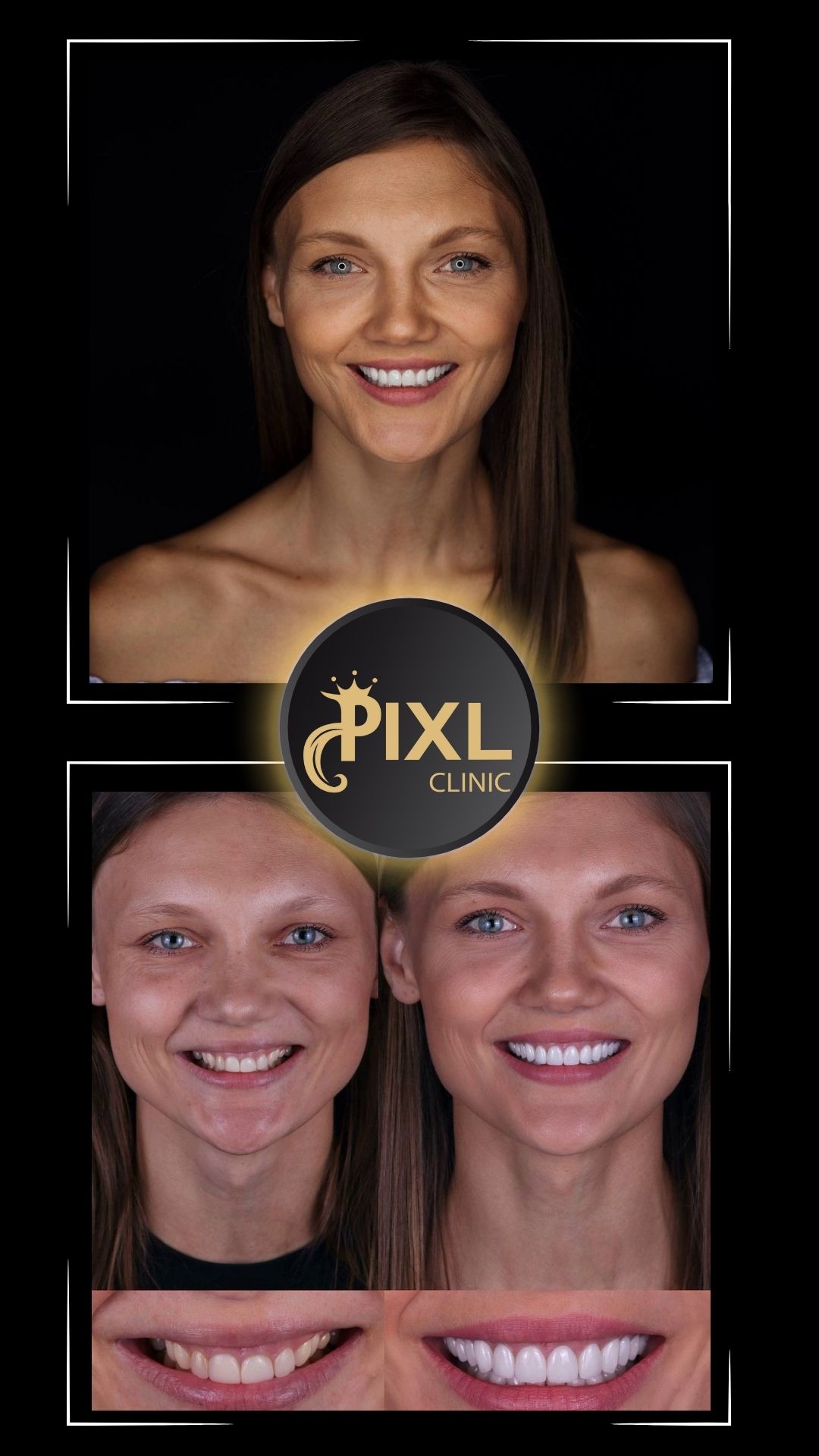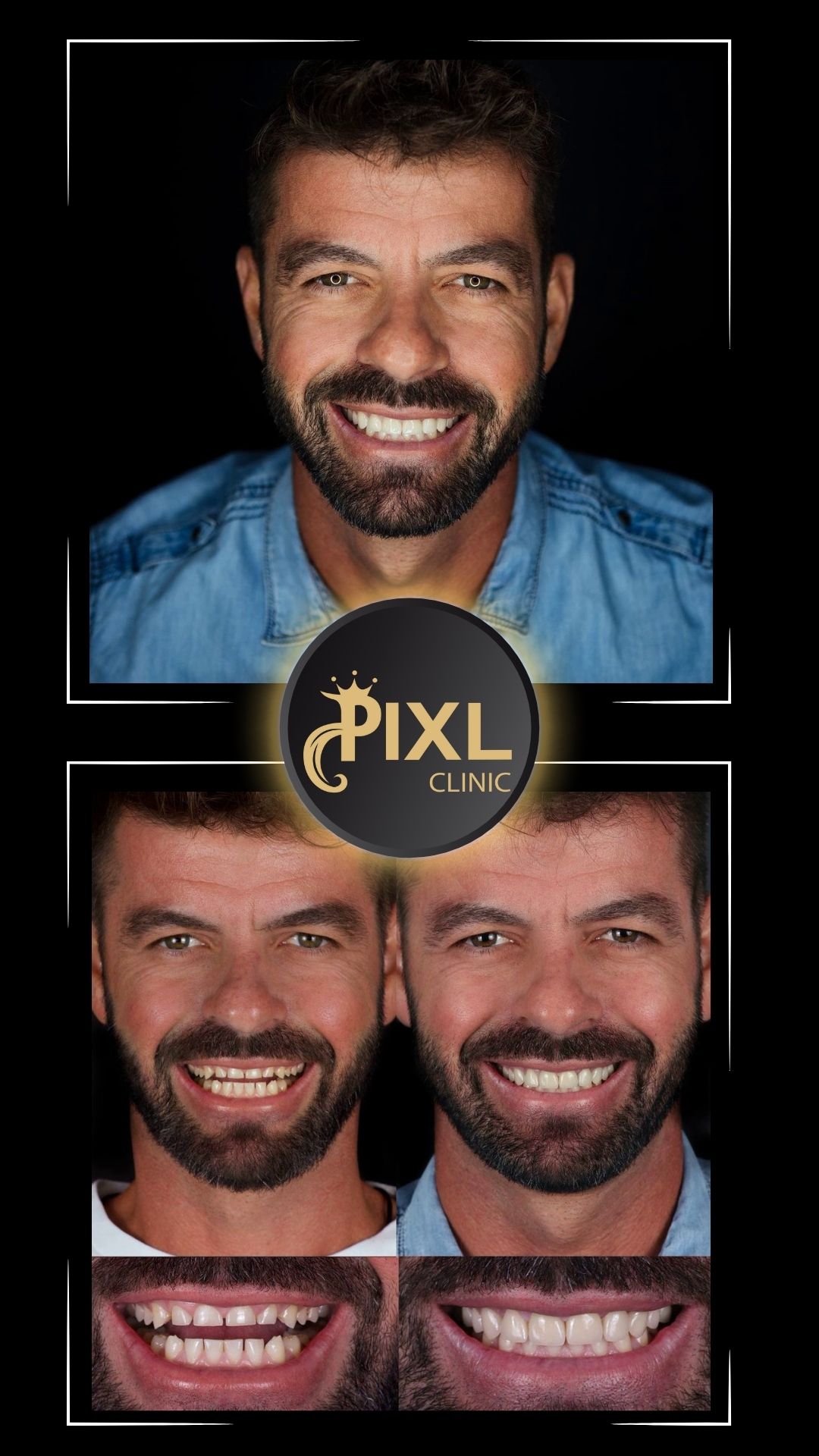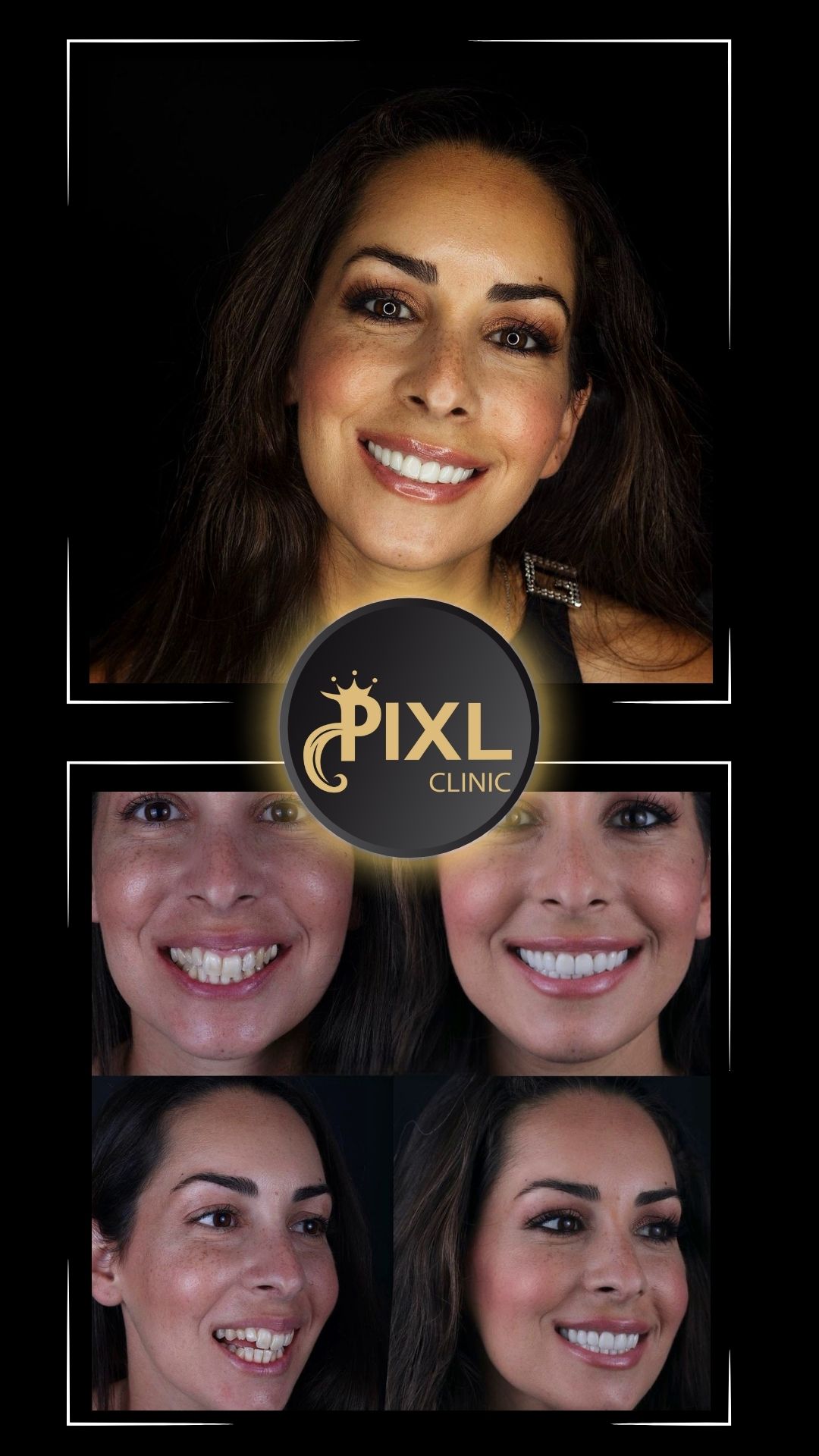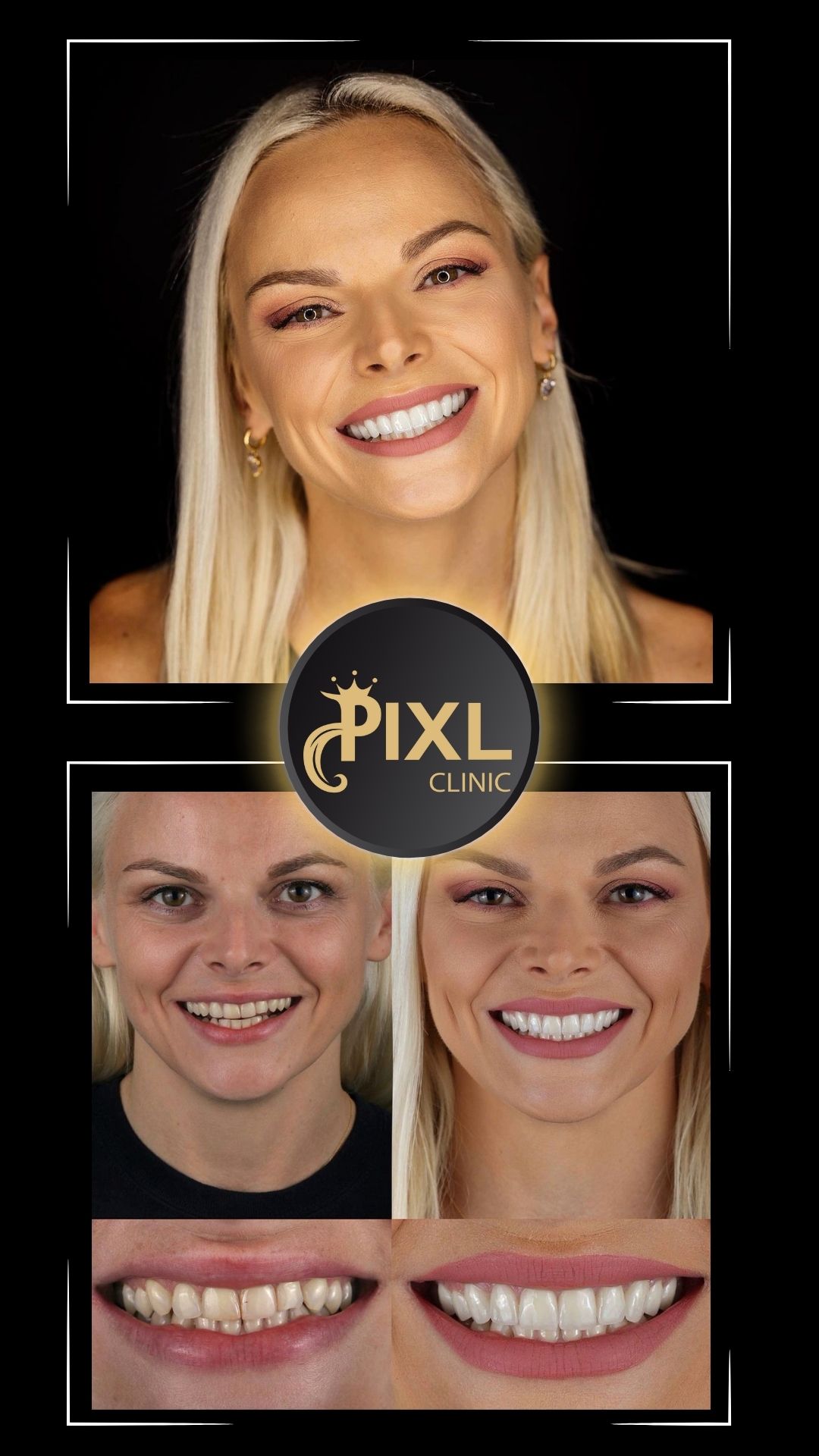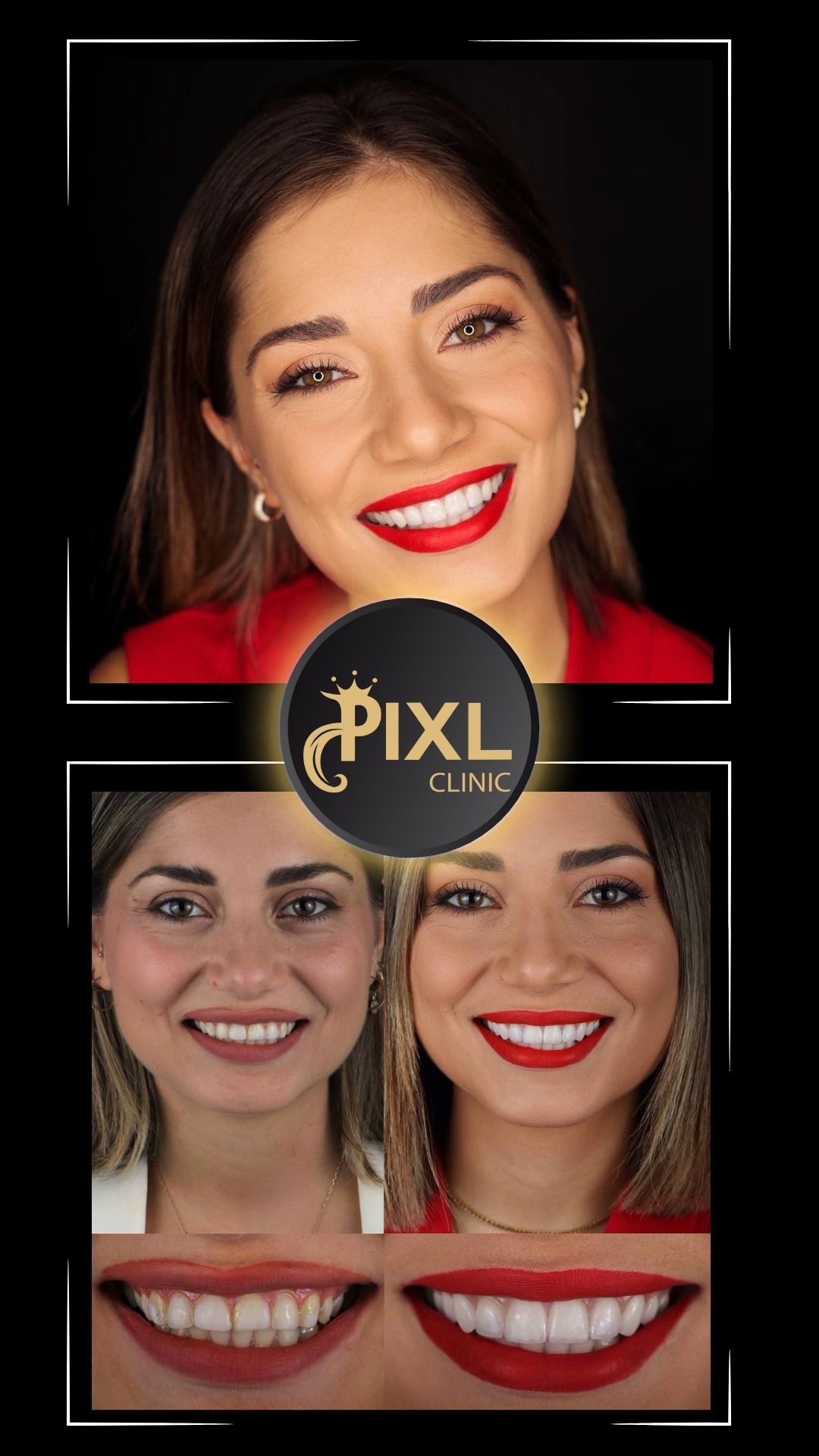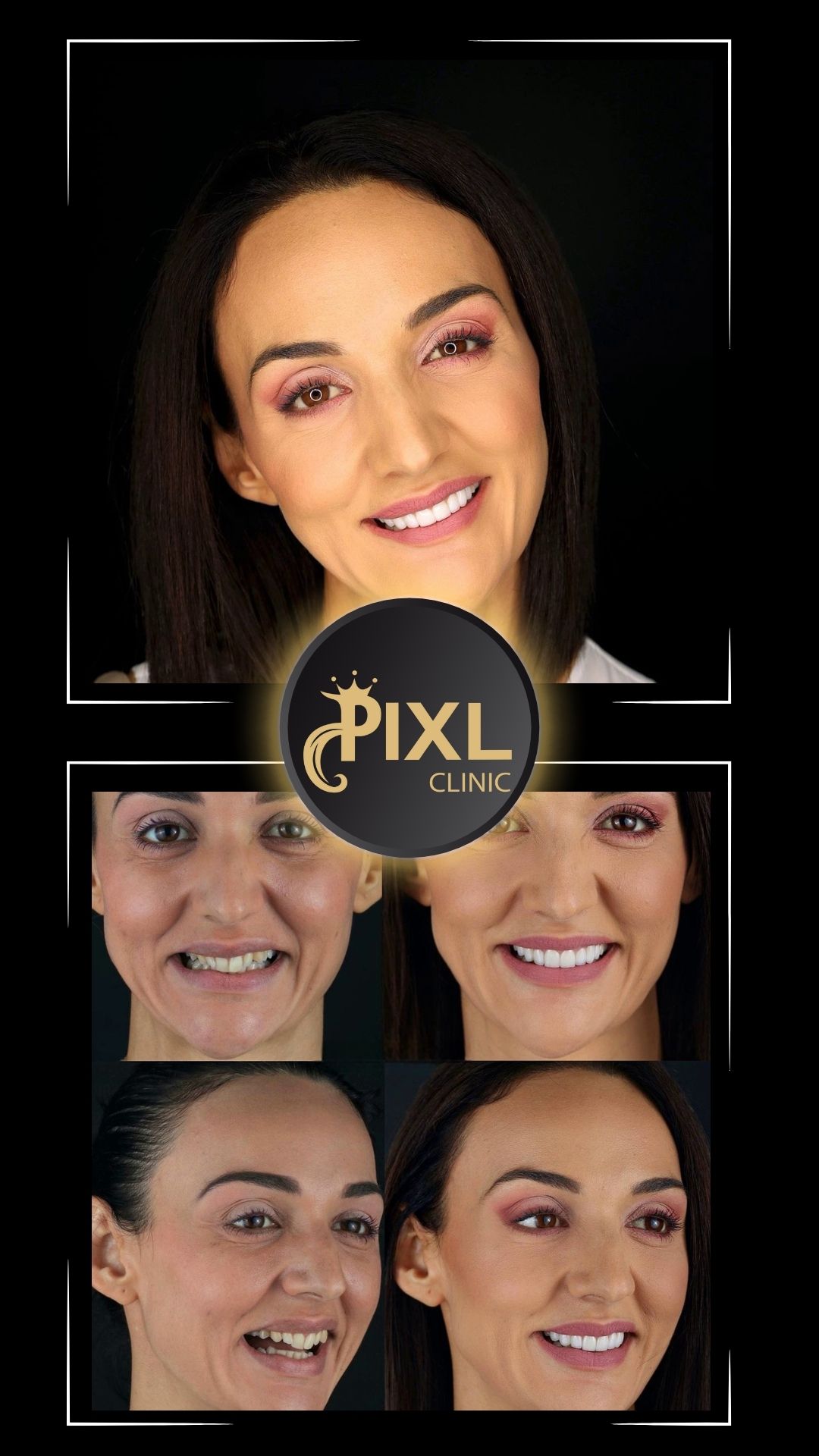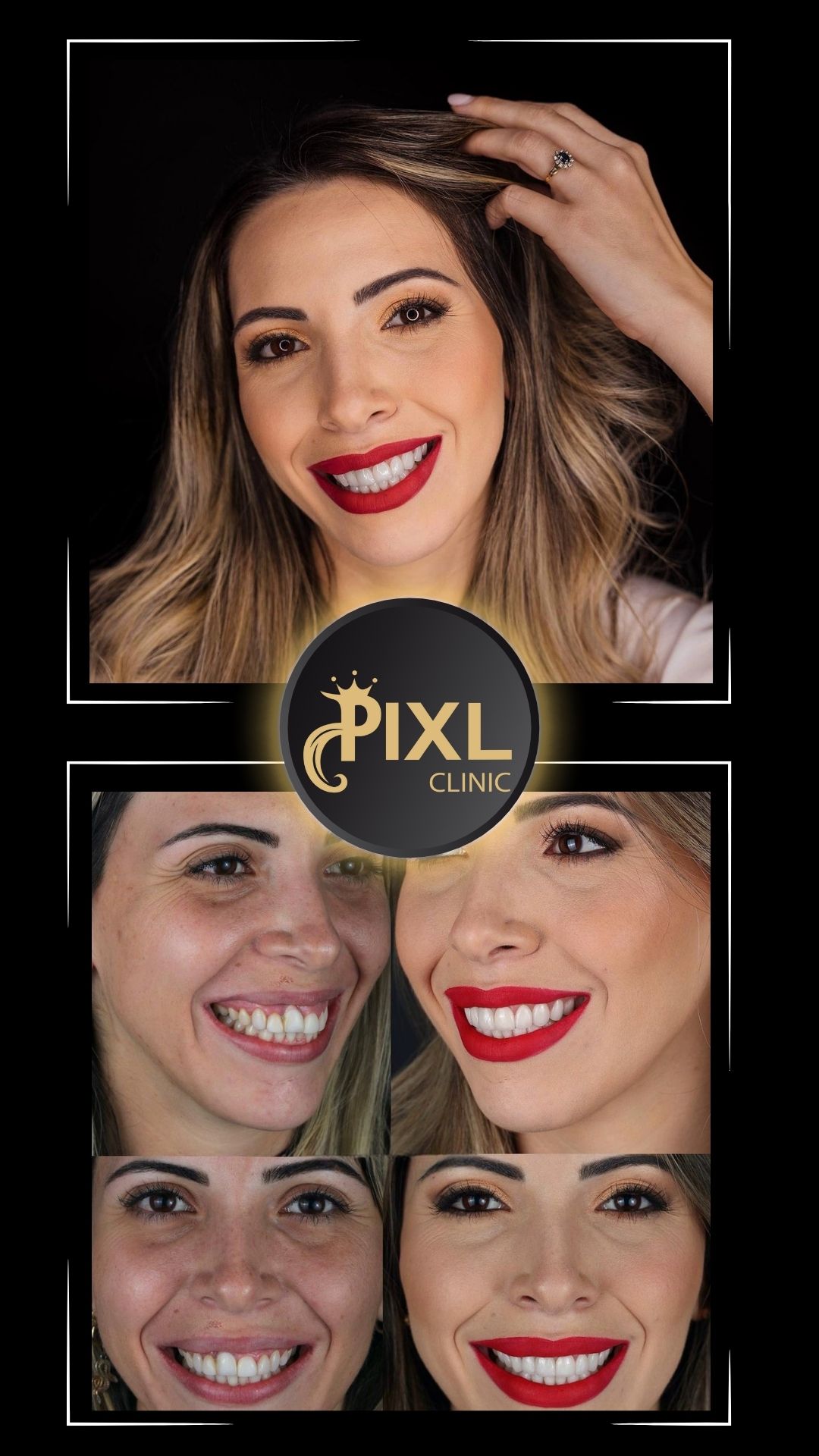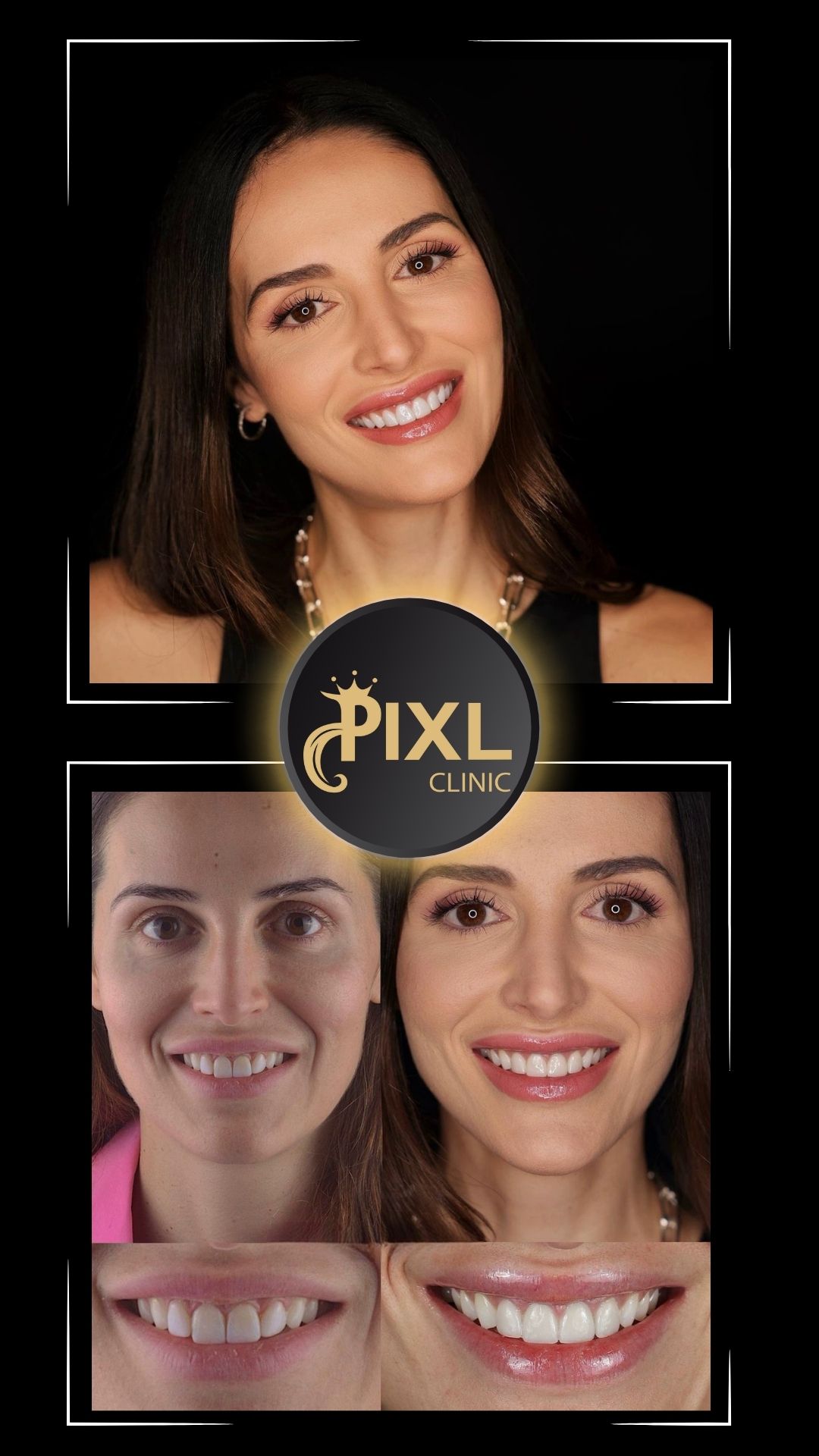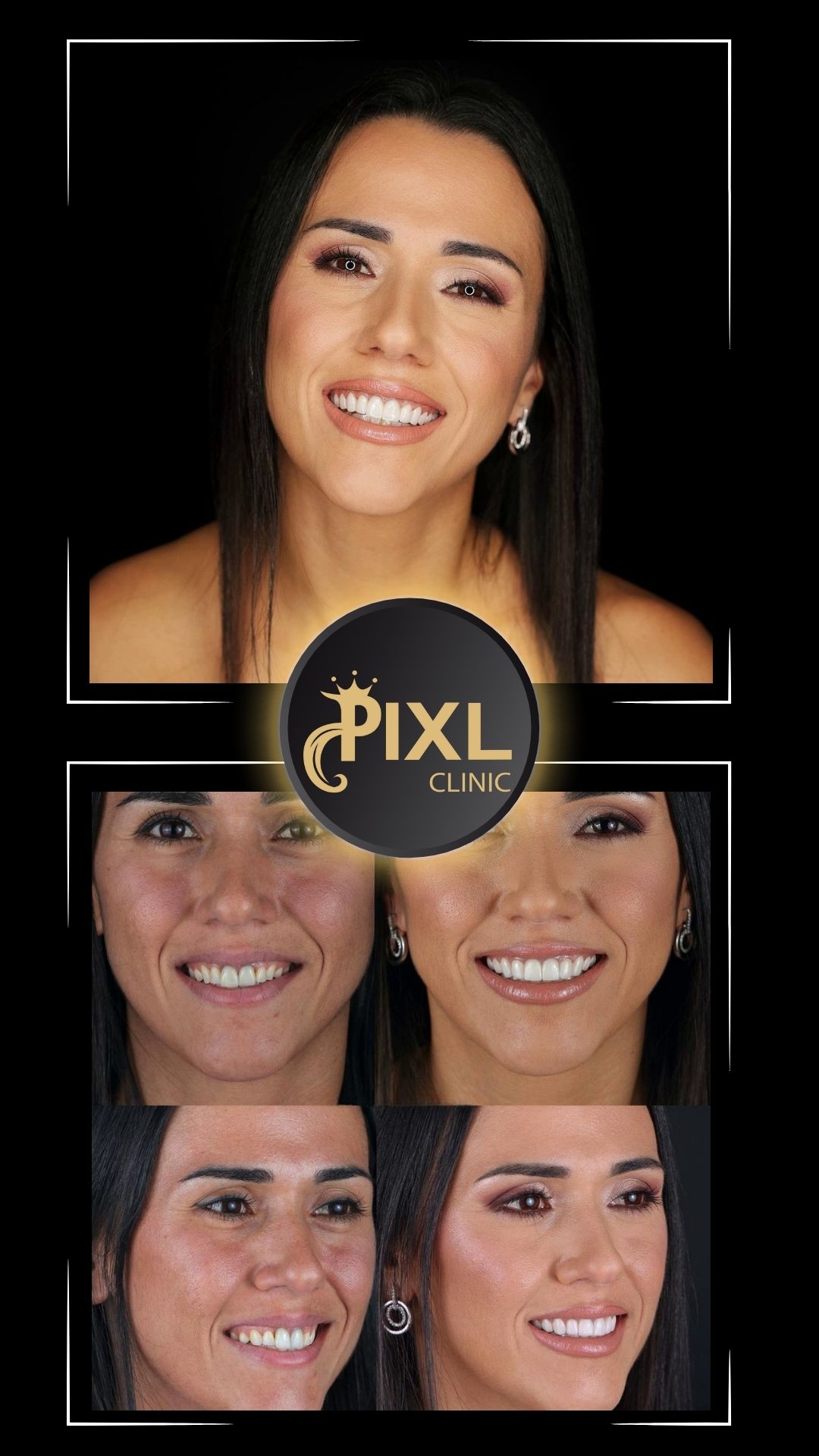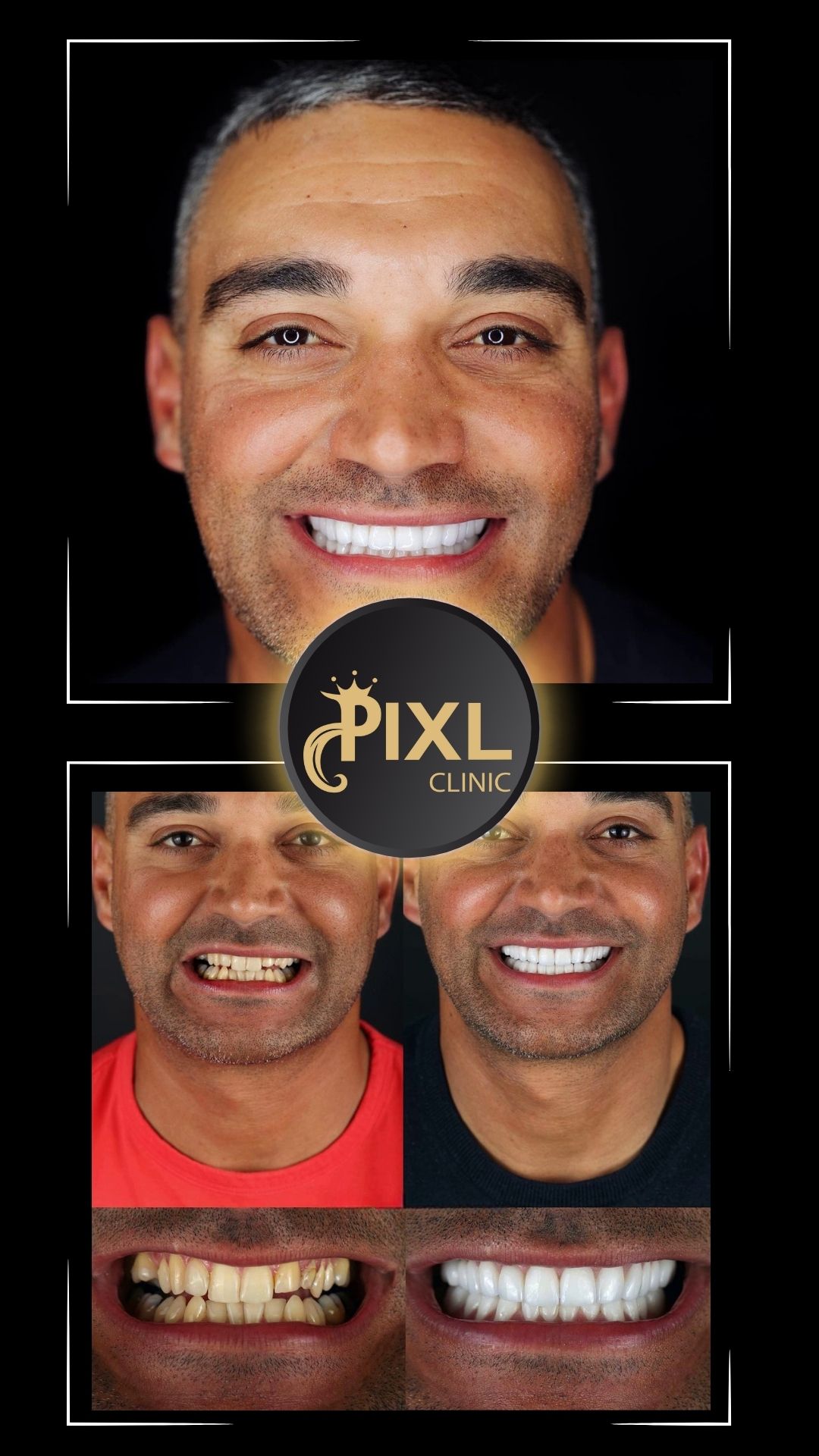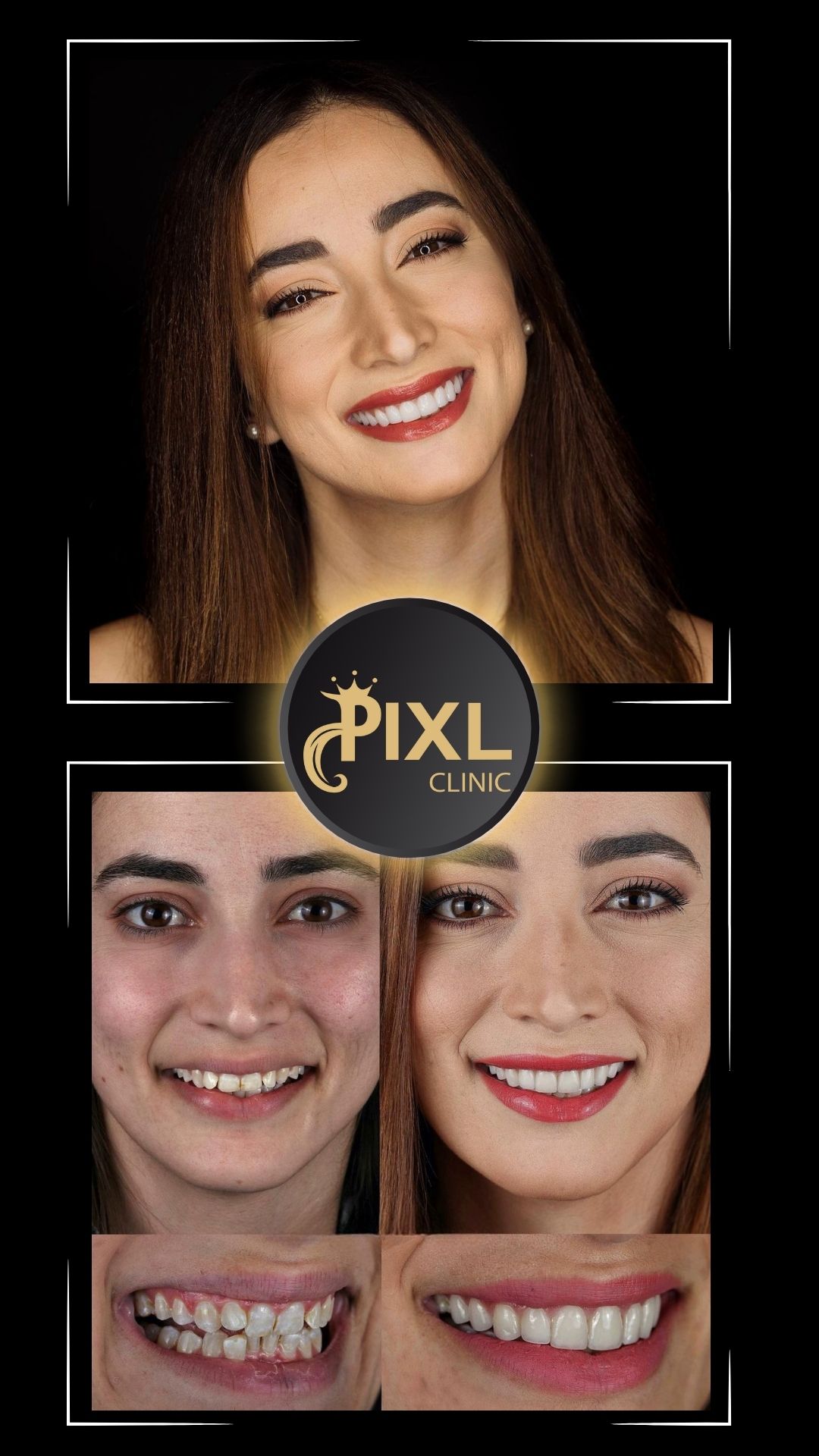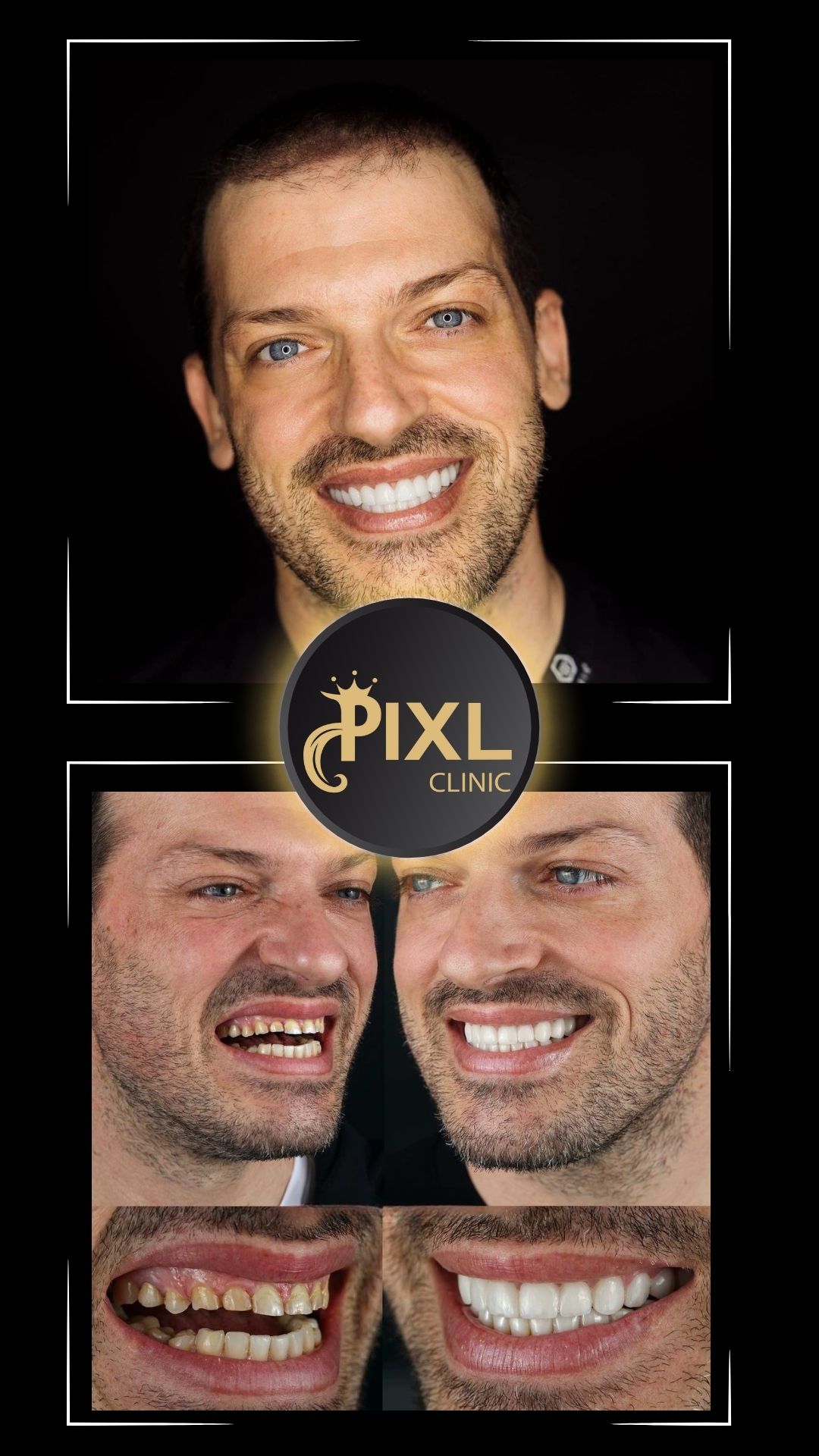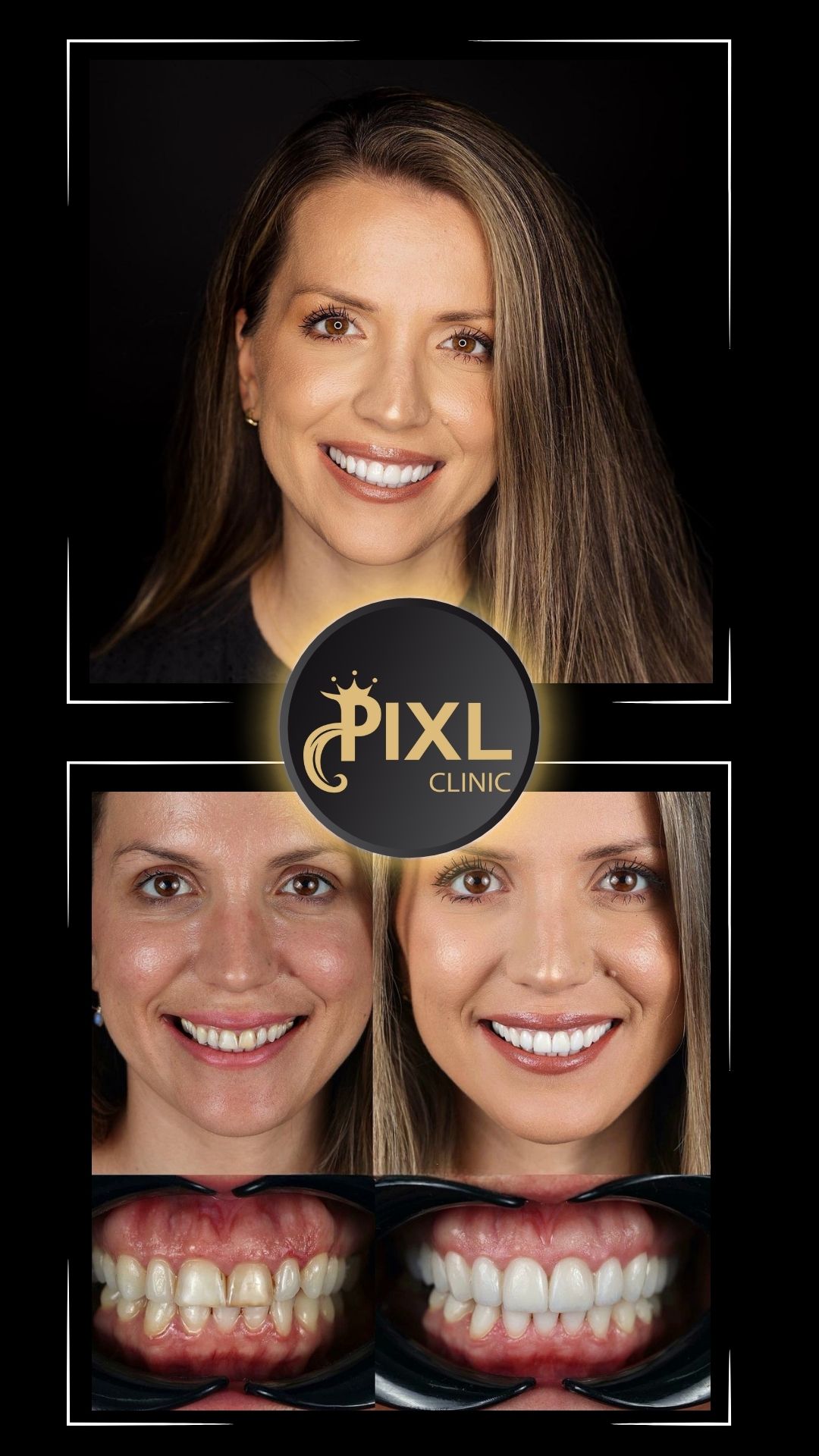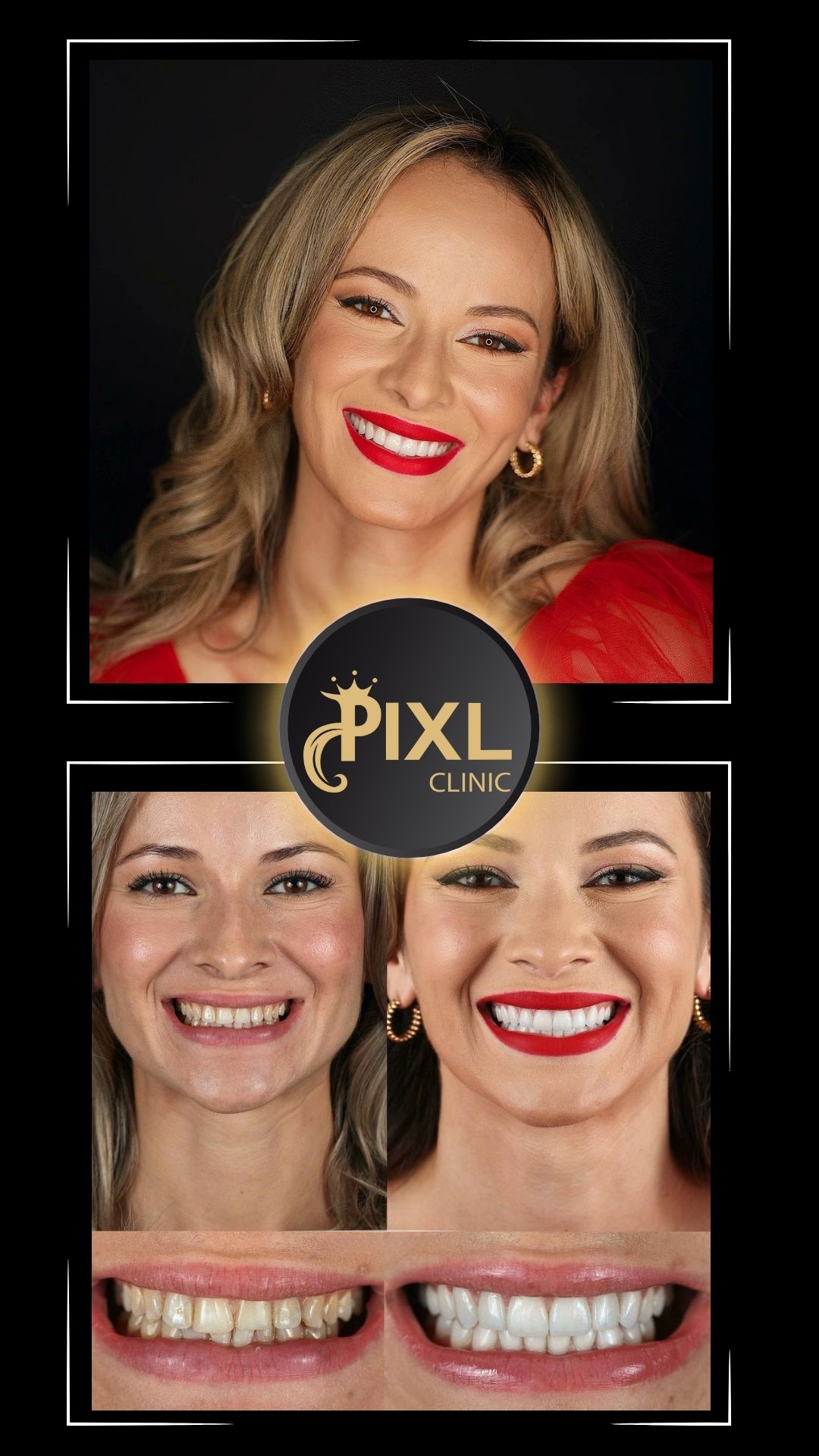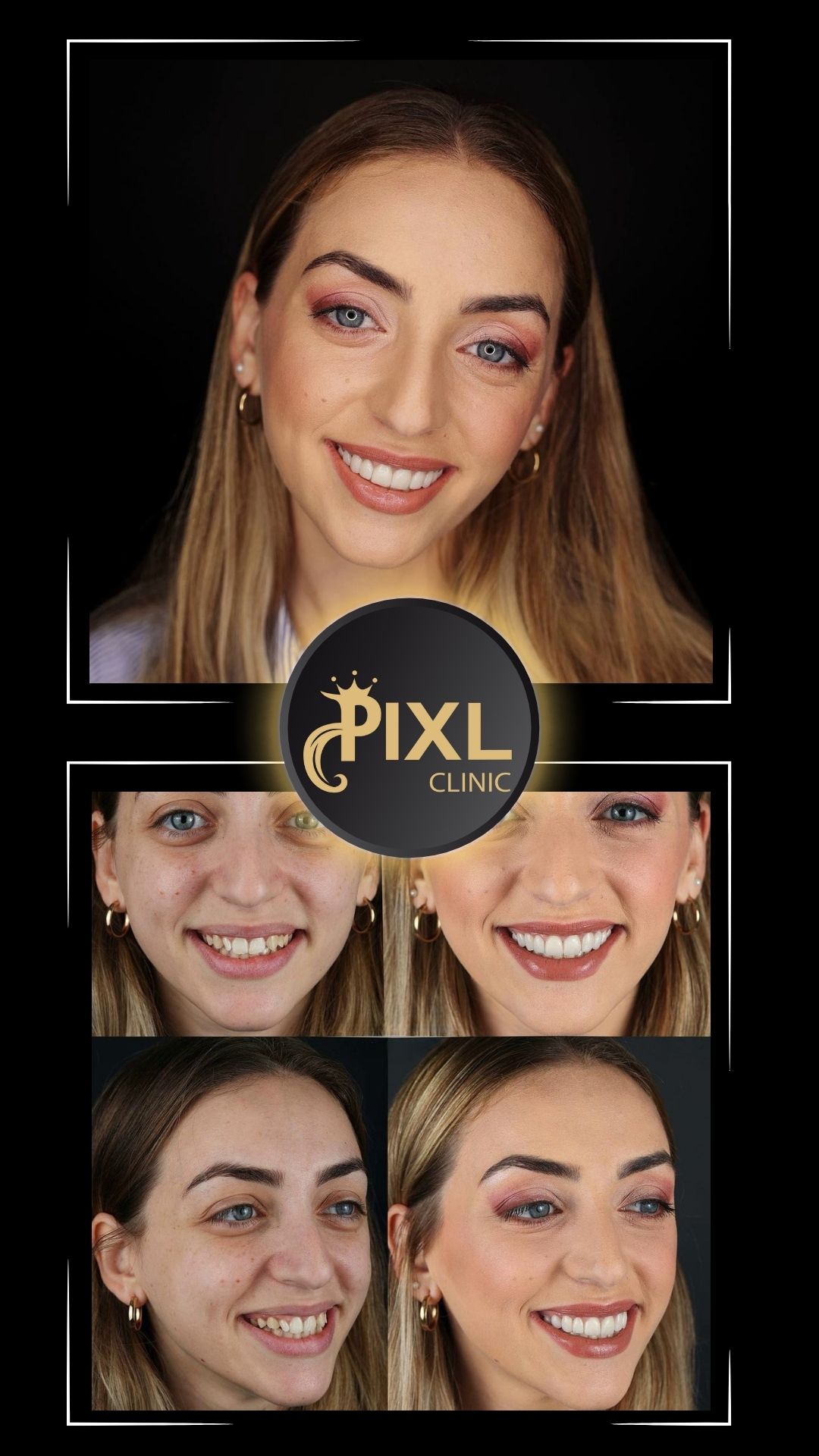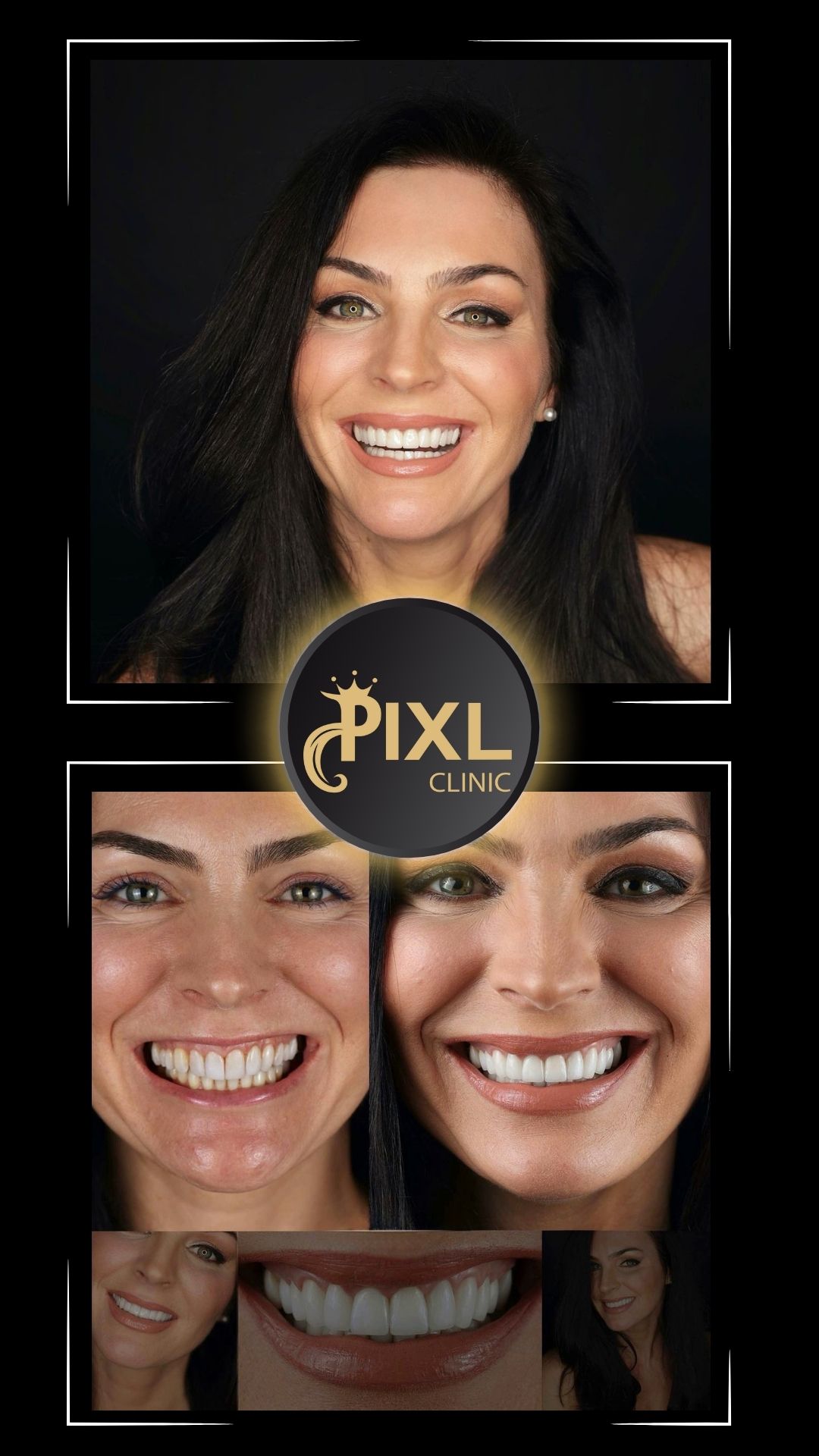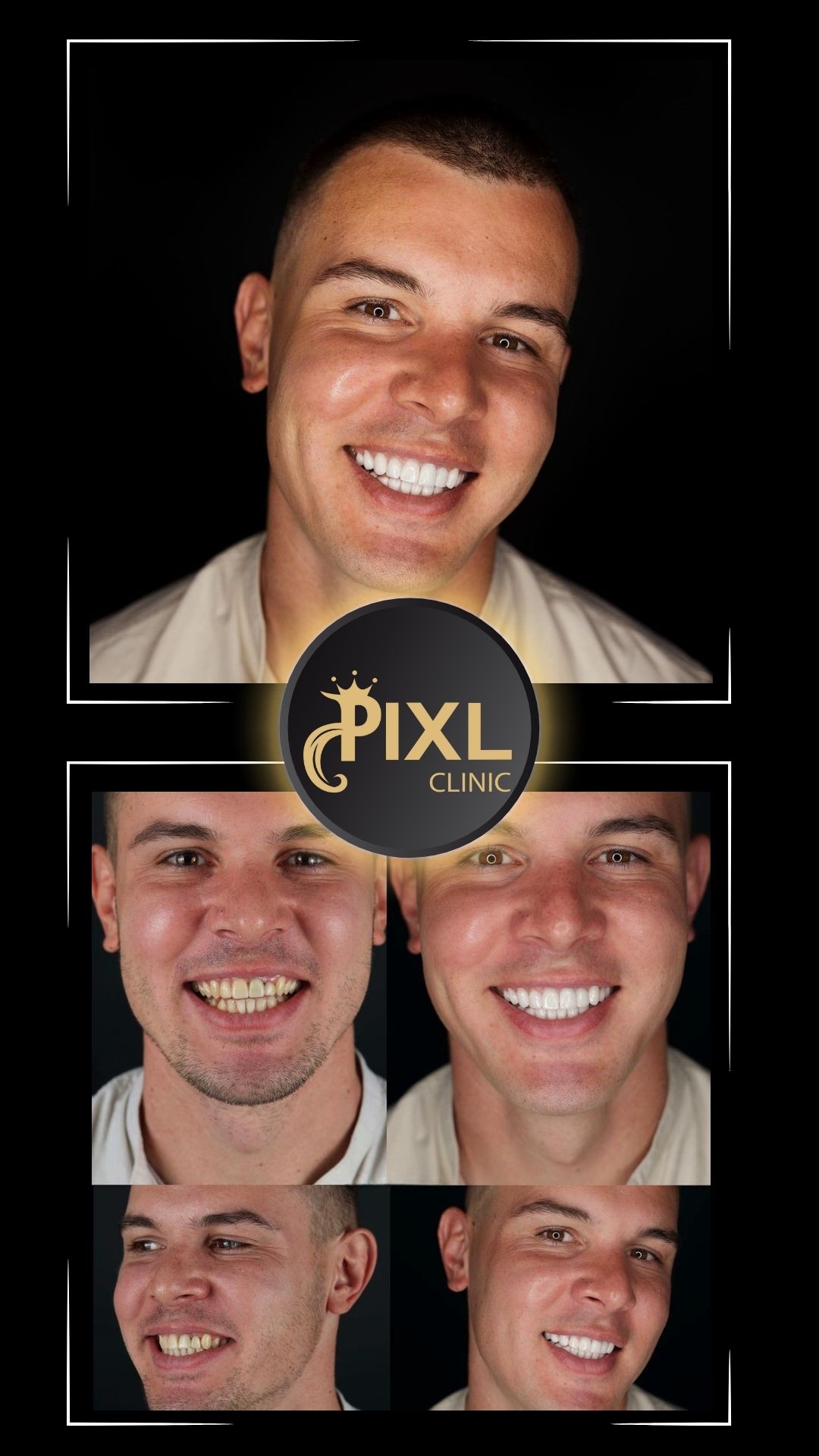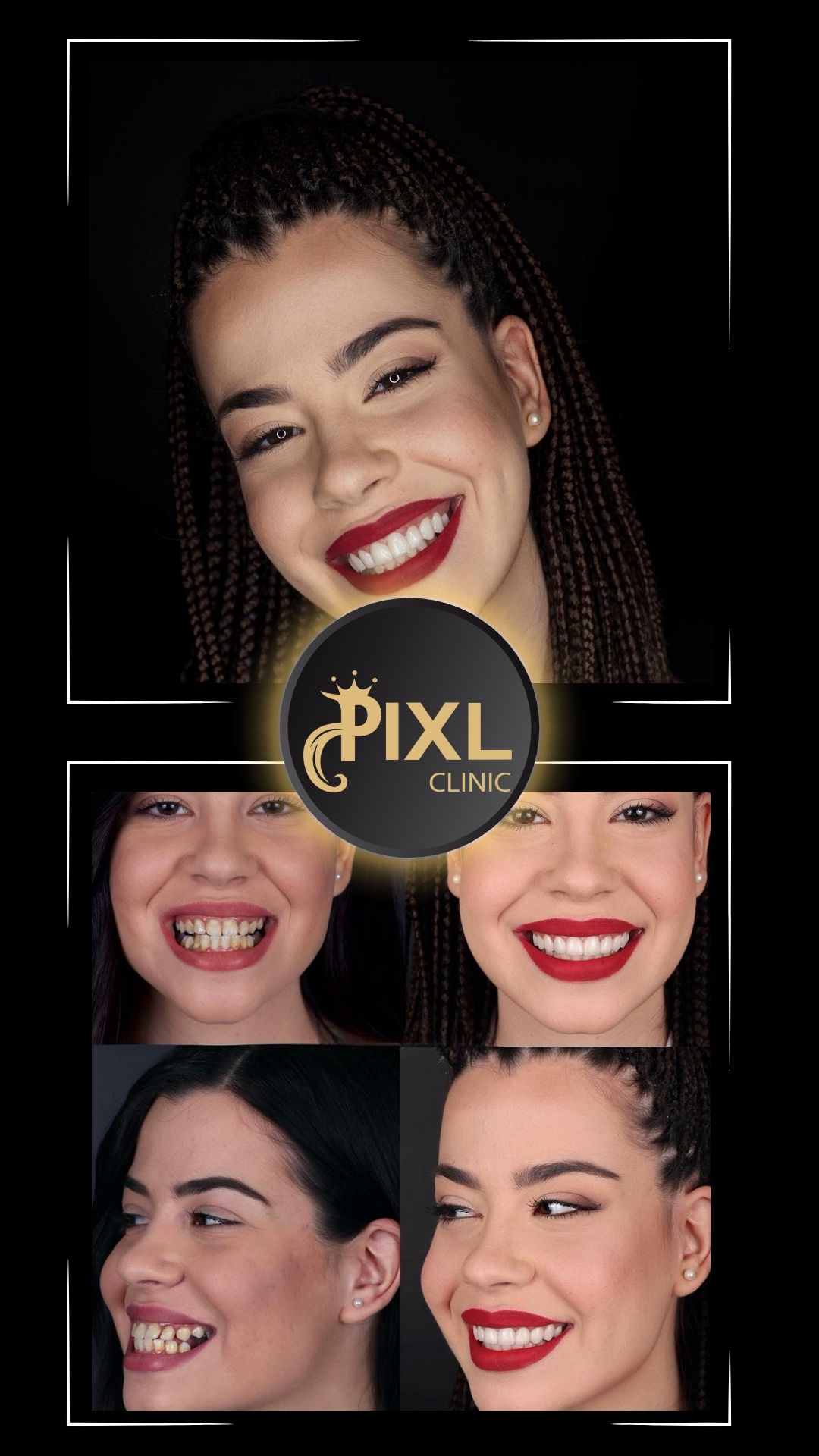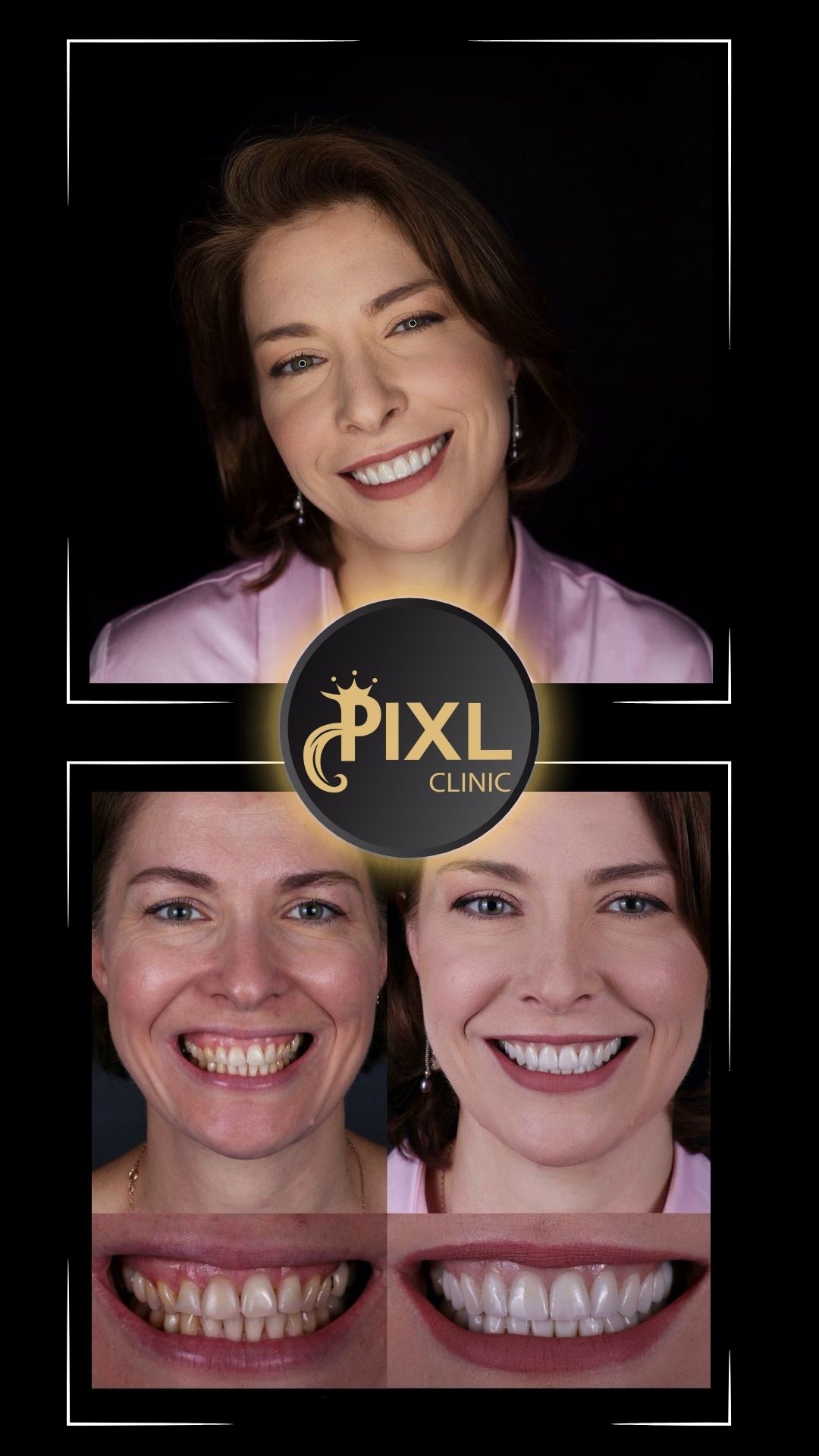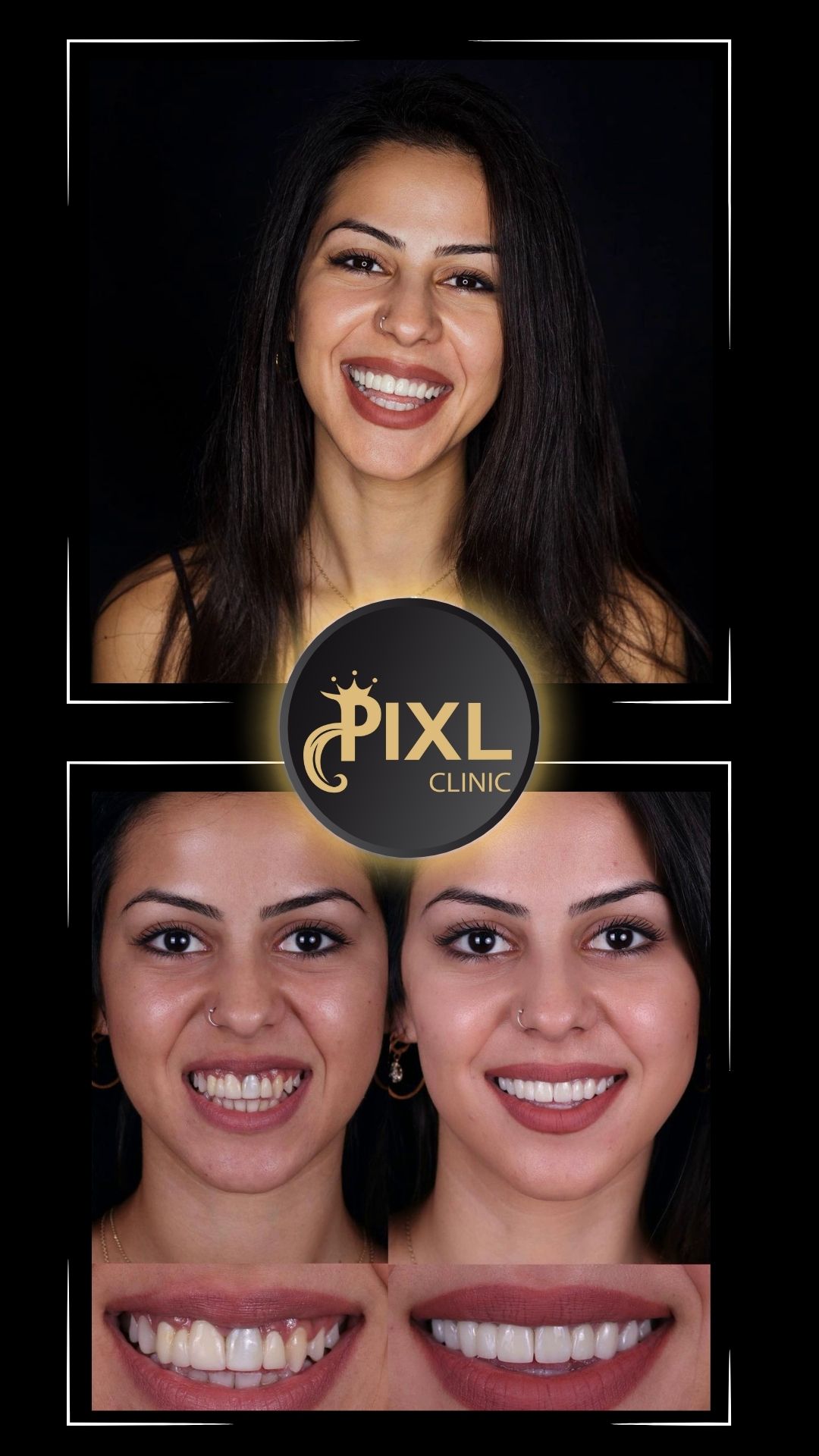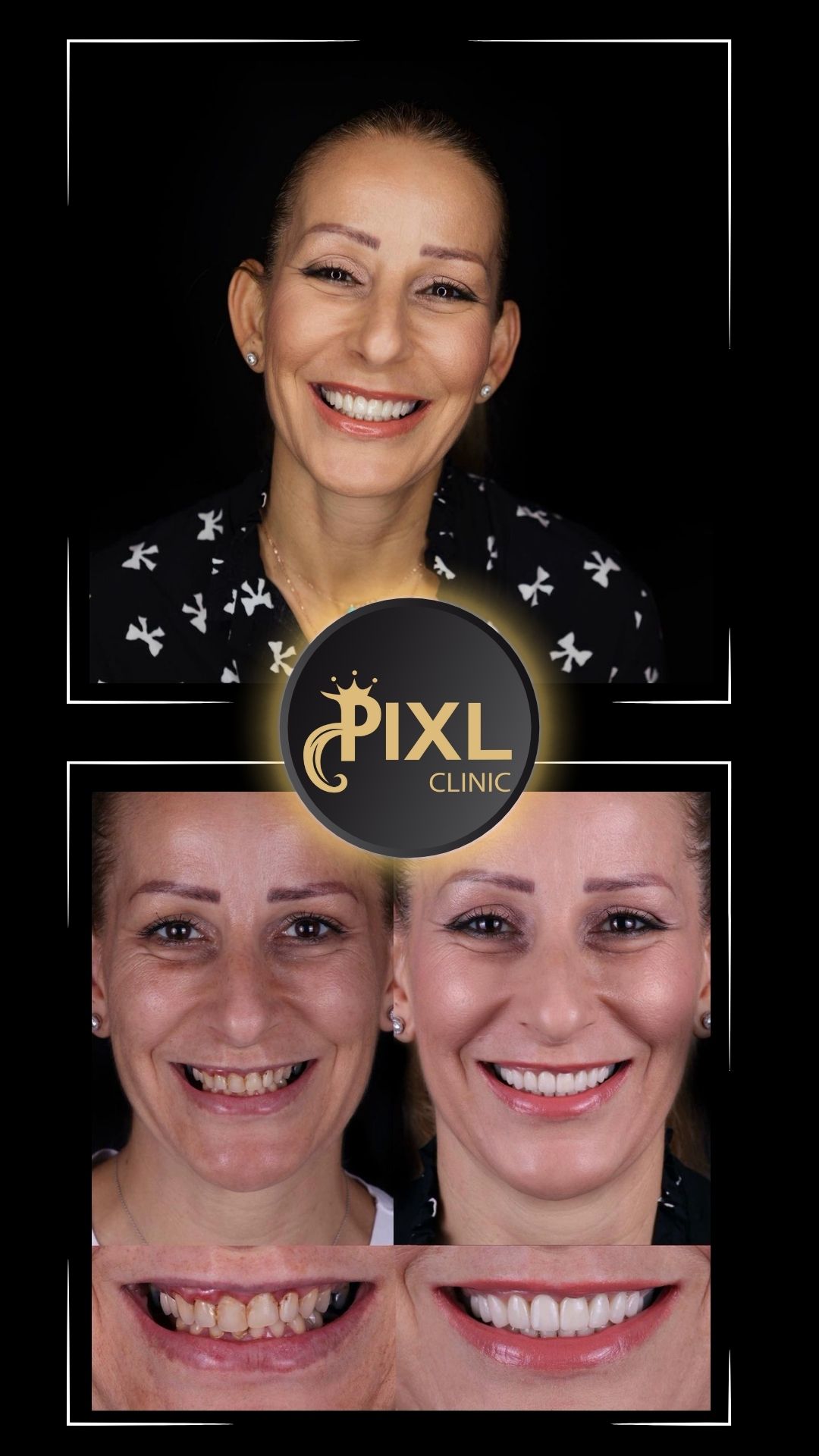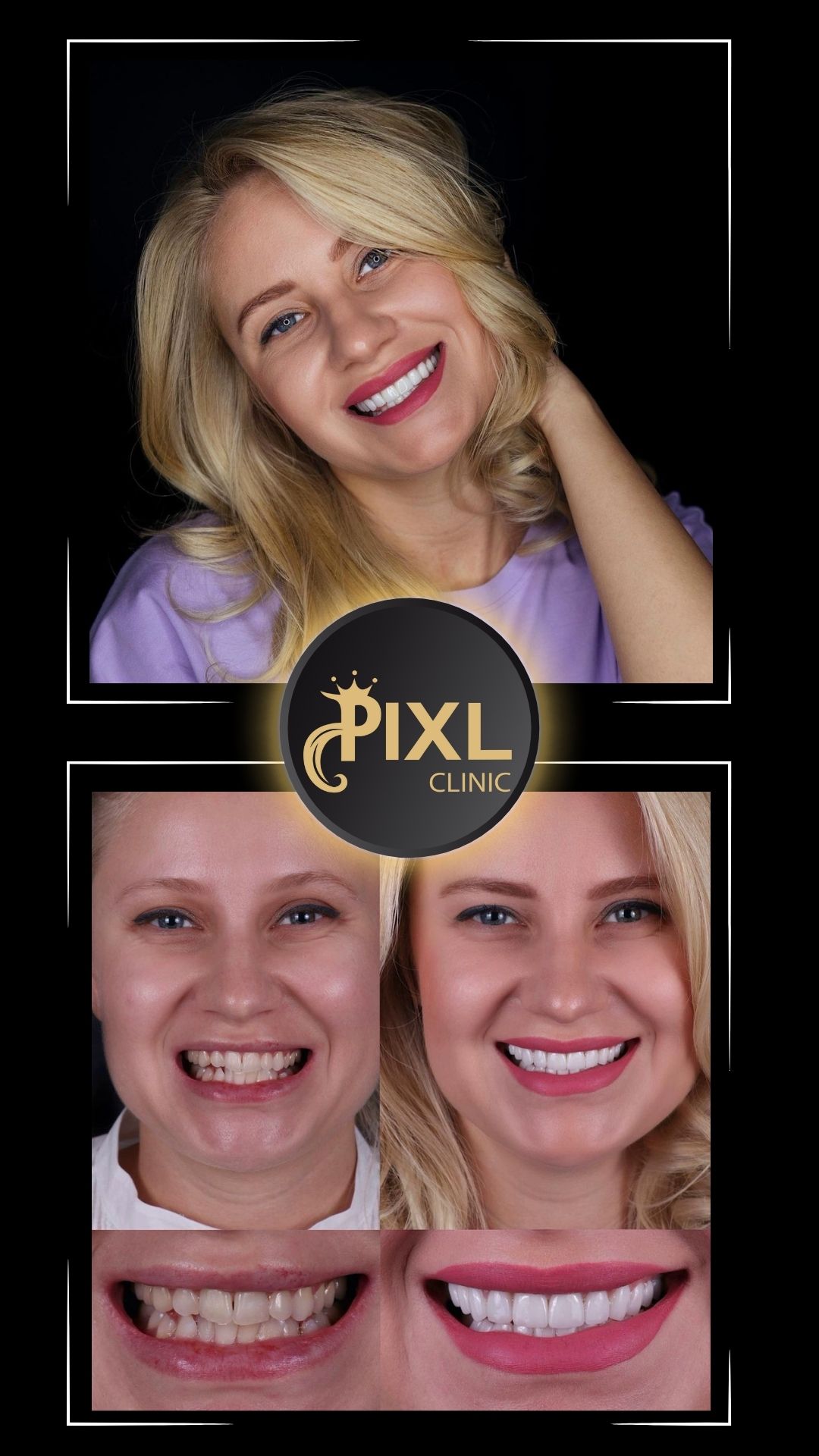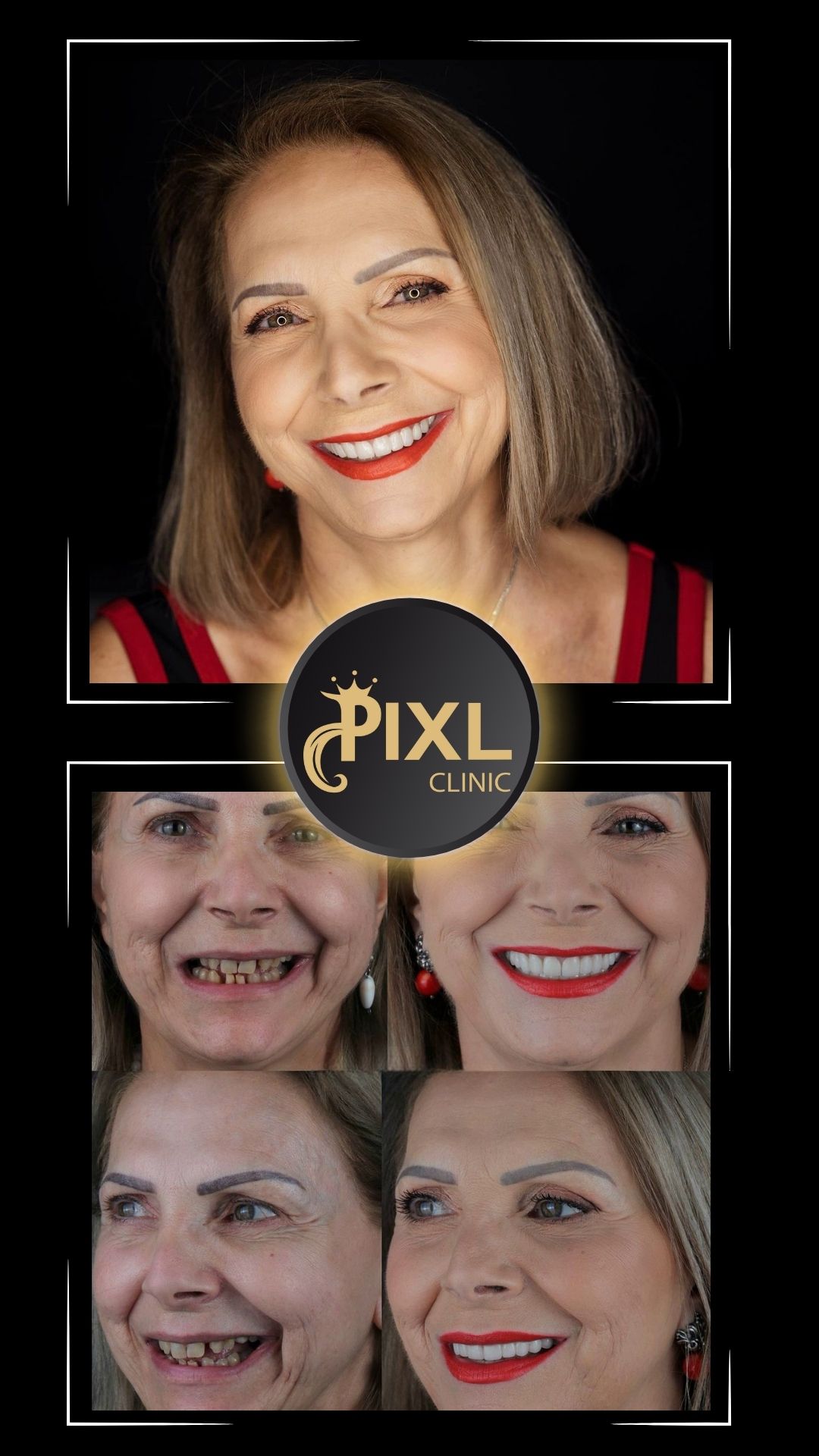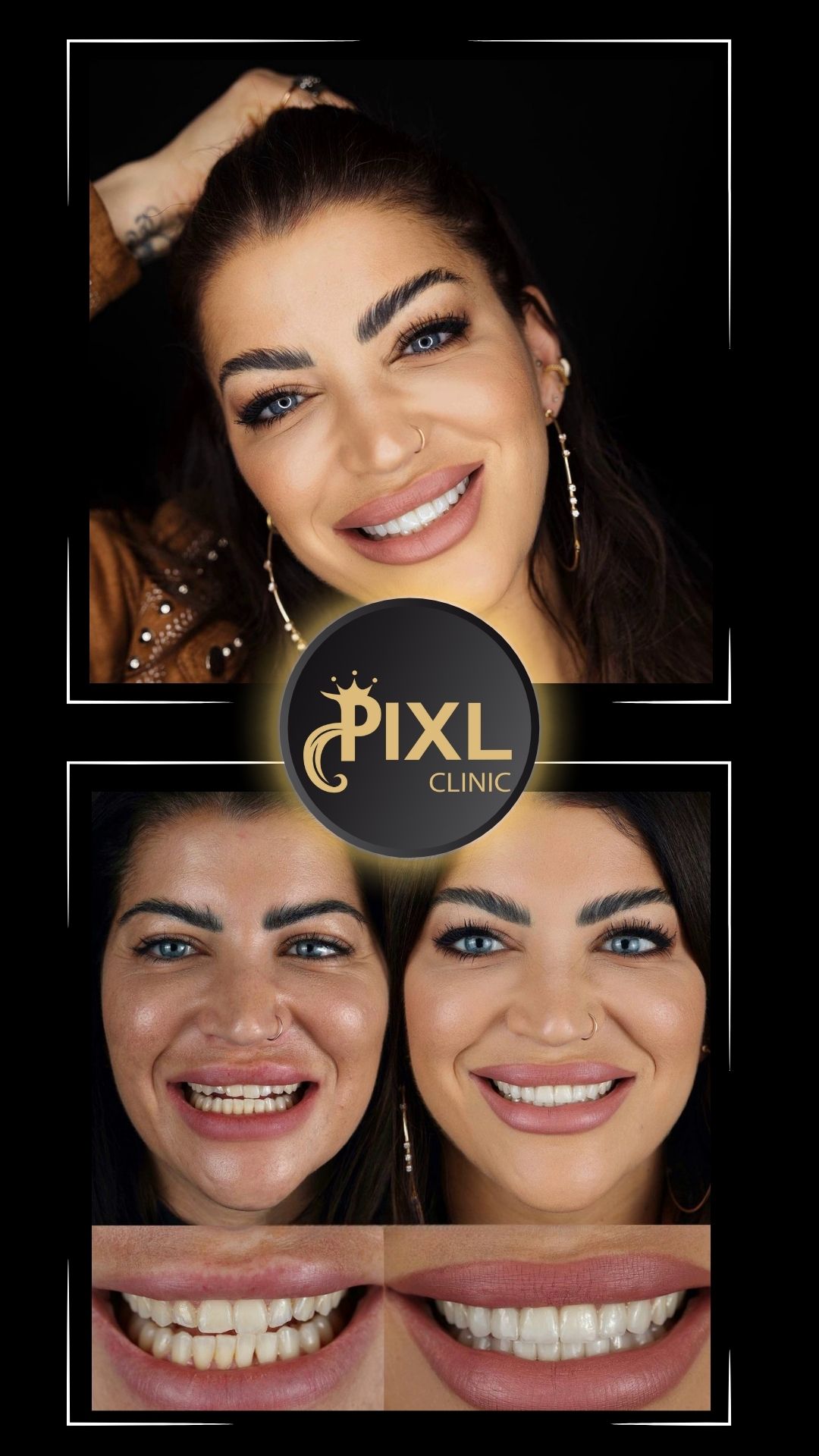Understanding Dental Crowns: What They Are and How They Work
Dental health is essential for overall well-being, and modern dentistry offers a variety of solutions to protect and enhance the functionality and aesthetics of your teeth. Among these solutions, dental crowns stand out as one of the most effective and versatile treatments. But what exactly are dental crowns, and how do they work? Let’s dive into the details.
What Are Dental Crowns?
A dental crown is a tooth-shaped “cap” that is placed over a tooth to restore its shape, size, strength, and appearance. Think of it as a protective shell that covers the visible portion of the tooth above the gum line. Crowns are commonly used when a tooth is damaged or weakened and needs reinforcement or when a significant cosmetic enhancement is desired.

When Are Dental Crowns Needed?
Dental crowns are used in a variety of situations, including:
- To Protect a Weak Tooth
Teeth weakened by decay, cracks, or fractures can be reinforced with a crown to prevent further damage. - To Restore a Broken or Worn-Down Tooth
A crown can rebuild a tooth that has been severely damaged or worn down over time. - To Support a Dental Filling
If a tooth has a large cavity that a traditional filling cannot support, a crown may be necessary. - As Part of a Root Canal Treatment
After a root canal, a tooth often becomes brittle, making a crown essential for protection. - To Improve Appearance
Crowns can cover discolored or misshapen teeth, providing a more uniform and aesthetically pleasing smile. - To Anchor a Dental Bridge or Cover Implants
Crowns serve as anchors for dental bridges and are also used to cover dental implants.
Types of Dental Crowns
Dental crowns can be made from various materials, each with its own benefits:
- Metal Crowns
Made from alloys containing gold, palladium, or base metals like nickel and chromium, metal crowns are durable and resistant to wear. They are often used for molars, where aesthetics are less critical. - Porcelain-Fused-to-Metal (PFM) Crowns
These crowns combine the strength of metal with the natural appearance of porcelain. However, they may show a metal edge if gums recede over time. - All-Ceramic or All-Porcelain Crowns
These crowns are the best option for matching the natural color of teeth and are ideal for front teeth. They are less durable than metal crowns but provide superior aesthetics. - Resin Crowns
Resin crowns are more affordable but less durable. They are usually used as temporary crowns. - Zirconia Crowns
Zirconia crowns are strong, durable, and aesthetically pleasing. They are a popular choice for both front and back teeth.
The Dental Crown Procedure
The process of getting a dental crown typically involves two visits to the dentist:
1. The First Visit: Preparation
- Examination and Diagnosis: The dentist examines the tooth to determine the need for a crown. X-rays may be taken to assess the roots and surrounding bone.
- Tooth Preparation: The tooth is reshaped to make room for the crown. If a significant portion of the tooth is missing, the dentist may build it up using filling material.
- Impression: An impression of the prepared tooth is taken to create a custom-fit crown. This may involve digital scanning or a mold.
- Temporary Crown: A temporary crown is placed to protect the tooth until the permanent crown is ready.
2. The Second Visit: Placement
- Crown Fitting: The permanent crown is checked for fit, color, and bite alignment.
- Cementing the Crown: Once everything is perfect, the dentist permanently cements the crown in place.
How Dental Crowns Work
Dental crowns work by encasing the damaged tooth entirely, distributing bite force evenly across the crown. This helps protect the underlying tooth structure while restoring its functionality and appearance. The durability and effectiveness of a crown depend on the material used, the precision of its fit, and how well you care for it.
Caring for Dental Crowns
Proper care can extend the life of your crown. Here are some tips:
- Maintain Oral Hygiene
Brush twice a day and floss daily to prevent decay or gum disease around the crowned tooth. - Avoid Hard Foods
Chewing ice, hard candies, or other tough items can damage your crown. - Regular Dental Check-Ups
Routine visits to the dentist can help monitor the health of your crown and the surrounding teeth. - Wear a Mouthguard
If you grind your teeth at night, a mouthguard can protect your crown and natural teeth.
How Long Do Dental Crowns Last?
The lifespan of a dental crown depends on the material used and how well it’s cared for. On average:
- Metal crowns can last 15-20 years or longer.
- Porcelain and ceramic crowns typically last 10-15 years.
- Resin crowns may last 5-8 years.
With good oral hygiene and regular dental check-ups, you can maximize the longevity of your crown.
Advantages and Disadvantages of Dental Crowns
Advantages
- Restores tooth functionality and appearance
- Protects a weak or damaged tooth
- Long-lasting solution
- Can improve the aesthetics of your smile
Disadvantages
- Can be costly, especially for premium materials like zirconia
- Requires reshaping the natural tooth
- Temporary sensitivity after the procedure
Conclusion
Dental crowns are a versatile and reliable solution for restoring damaged teeth and improving your smile. Whether you need protection for a weak tooth, restoration of a broken one, or a cosmetic enhancement, crowns offer an effective way to achieve a healthy and functional smile.
If you think you might benefit from a dental crown, consult your dentist to discuss the best options for your specific needs. With proper care and attention, a dental crown can provide long-lasting results that will keep your teeth strong and beautiful for years to come.
Frequently Asked Questions About Dental Crowns
What is a dental crown?
A dental crown is a tooth-shaped cap that is placed over a damaged, weak, or unattractive tooth to restore its shape, size, strength, and appearance.
How do I know if I need a crown?
You may need a crown if you have:
- A tooth weakened by decay, cracks, or a large filling.
- A broken or worn-down tooth.
- Undergone root canal treatment.
- Discolored or misshapen teeth that affect your smile.
- A dental implant or bridge requiring support.
What materials are used for dental crowns?
Common materials for crowns include:
- Metal: Durable but less aesthetic, used for back teeth.
- Porcelain-fused-to-metal (PFM): Combines strength and aesthetics.
- All-ceramic or all-porcelain: Ideal for front teeth, offering natural appearance.
- Zirconia: Highly durable and aesthetic, suitable for all teeth.
- Resin: Less expensive but less durable, often used for temporary crowns.
How long do dental crowns last?
The lifespan of a dental crown depends on the material and how well you care for it:
- Metal crowns: 15-20+ years.
- Porcelain or ceramic crowns: 10-15 years.
- Resin crowns: 5-8 years.
Good oral hygiene and regular dental visits can extend the life of your crown.
Does getting a crown hurt?
The procedure is typically painless because the dentist numbs the area around the tooth. Some people may experience minor sensitivity or discomfort after the procedure, but it usually subsides quickly.
How long does the procedure take?
The process usually requires two visits:
- The first visit involves examining and preparing the tooth, taking impressions, and placing a temporary crown.
- The second visit involves fitting and cementing the permanent crown.
Some dentists offer same-day crowns using advanced technology like CAD/CAM systems.
Can crowns be whitened?
No, crowns cannot be whitened with traditional teeth whitening products. If you’re considering teeth whitening, it’s best to do it before getting a crown so the color matches your natural teeth.
Are crowns covered by insurance?
Dental insurance often covers a portion of the cost of a crown if it’s medically necessary (e.g., for damage or decay). Cosmetic crowns may not be covered. Check with your insurance provider for details.
How do I care for my dental crown?
Caring for a crown is similar to caring for natural teeth:
- Brush twice a day with fluoride toothpaste.
- Floss daily, especially around the crown’s base.
- Avoid hard or sticky foods that can damage the crown.
- Wear a night guard if you grind your teeth.
- Visit your dentist regularly for check-ups.
Can a crown come loose or fall off?
Yes, a crown can loosen or fall off if the cement weakens or if decay occurs under the crown. If this happens, contact your dentist immediately for repair or replacement.
What’s the difference between a crown and a veneer?
- A crown covers the entire tooth, providing strength and protection for damaged or weak teeth.
- A veneer is a thin shell that covers only the front surface of a tooth, mainly for cosmetic purposes.
Can I eat normally with a crown?
Yes, once the permanent crown is in place, you can eat normally. Avoid biting down on hard objects, as they can chip or crack the crown.
Is a dental crown noticeable?
Modern crowns, especially ceramic or porcelain ones, are designed to match the color, size, and shape of your natural teeth. When done correctly, they blend seamlessly with your smile.
Can I get a crown while pregnant?
Yes, dental crowns can be placed during pregnancy. However, non-urgent procedures are often postponed until after delivery. Always inform your dentist if you’re pregnant.
What should I do if my crown feels uncomfortable?
If your crown feels too high, loose, or causes discomfort, contact your dentist. They can adjust the crown for a better fit.
Are there risks associated with dental crowns?
Risks are minimal but may include:
- Sensitivity to hot or cold.
- Allergic reaction to the materials (rare).
- Chipping or cracking, especially with porcelain crowns.
Can I replace an old crown?
Yes, old crowns can be replaced if they are damaged, worn, or no longer fit well. Your dentist will assess the condition of the crown and surrounding tooth.
Are crowns suitable for children?
In pediatric dentistry, crowns are often used to protect decayed or damaged baby teeth. Stainless steel crowns are commonly used for children due to their durability.
How do I choose the right type of crown?
Your dentist will recommend the best material based on the tooth’s location, your budget, and your aesthetic preferences. Discuss your options thoroughly to make an informed decision.

